**Note: This page is for educational inspiration and is not officially affiliated with Insect Week. Insect Week is an annual UK-wide celebration organised by the Royal Entomological Society (RES). It is typically held in June and aims to engage people of all ages with the vital importance of insects. The week encourages everyone to learn about the incredible diversity of insects and their essential role in our ecosystems, from pollination and recycling to being a food source for other animals. For official information and details, please visit the Royal Entomological Society website: www.royensoc.co.uk/insectweek.
Understanding Insect Week in EYFS & KS1
Discover the fascinating world of minibeasts! 🐞🦋🐛 Insect Week is a whole week dedicated to learning about all the tiny, creepy crawly creatures that live all around us. Insects are super important for our planet—they help flowers grow, they are food for birds and other animals, and they help keep the soil healthy. This week is all about becoming little explorers, going on a bug hunt, and learning to love and respect all the small things that run our world.
For early years settings, nurseries, preschools, childminders, and Year 1 and Year 2 classrooms, this week provides a wonderfully hands-on and crucial theme for exploring the natural world, minibeasts, life cycles, habitats, and scientific observation. It’s about encouraging children’s natural curiosity about the world around them, helping them to get up close with nature, and teaching them about the importance of all creatures, big and small. This week offers fantastic planning ideas and inspiration for engaging activities that truly resonate with young minds, making learning about insects, biodiversity, and the environment both essential and wonderfully exciting!
Why Is Learning About Insects Important for Young Children?
Integrating Insect Week and themes of minibeasts and nature into your practice with young children (aged 0-7) is great for fostering a love of the natural world, developing scientific curiosity, and building a foundation for environmental stewardship.
Fosters Scientific Curiosity: Encourages children to observe, ask questions, and investigate the world around them.
Develops Respect for Nature: Helps children appreciate that all creatures, even the tiny ones, play a vital role.
Introduces Life Cycles: Provides a tangible way to learn about how living things grow and change over time.
Enhances Observational Skills: Encourages children to look closely at patterns, colours, and behaviours of insects.
Promotes Hands-on Learning: Inspires children to get outside and engage directly with the natural world.
Engaging Insect & Minibeast Activities for Insect Week (EYFS & KS1)
Time to become a bug explorer for Insect Week with these planning ideas and activities perfect for EYFS and KS1 children. The focus is on discovery, creativity, and understanding the role insects play in our world! Many of these early years and year 1 activities can be supported by our dedicated ‘Minibeasts’, ‘Life Cycles’, ‘Gardening’, and ‘The Environment’ resources.
Here's some inspiration for celebrating Insect Week in your setting: (Please use your own discretion and knowledge of your children to ensure appropriateness of each activity and safety concerning any materials given and activity undertaken.)
Minibeast Hunting & Observation
Going on a Bug Hunt: Give children magnifying glasses and bug catchers and go on a real minibeast hunt in the garden or a local park. Gently observe and then release the creatures back into their homes. Use a 'Minibeast Search Checklist' to record what they find.
Classroom 'Bug Hotel': Create a simple bug hotel by filling a container with hollow reeds, sticks, and leaves. Place it in a quiet corner of the garden and watch to see what minibeasts make it their home.
Displaying What We Found: Use our 'Minibeasts Display Banner' and our 'Minibeasts Word Cards' to create a fantastic display of the insects you discovered during your bug hunt.
Identifying & Naming: Use the 'Minibeasts Word Mat' to help children identify and name the different insects they find.
Creative & Hands-on Exploration
Bug Crafts: Use recycled materials like egg cartons, bottle tops, and toilet rolls to create your own minibeast models.
Art with Insects: Use our 'Minibeast Colouring' sheets or 'Draw Minibeasts Sheet' for a creative activity. You can also use our 'Fine Motor Butterflies' or 'Fine Motor Ladybirds' to develop fine motor skills.
Playdough Fun: Use our 'Minibeast Multimats - Playdough, Loose Parts, Art & Crafts' to create minibeasts with playdough and other loose parts.
Creative Movement: Use our 'Minibeast Activity/Movement Challenge Cards' to get children moving like different minibeasts—wiggle like a worm, flutter like a butterfly, or crawl like a ladybird.
Literacy & Numeracy
Counting & Numbers: Use our 'Minibeasts Counting Display/Flashcards/Posters (0-20)' or our 'Minibeasts Counting Puzzles (1-10)' for a variety of counting and number recognition activities. You could also use the 'Minibeasts Doubling Activity Mats' for more complex challenges.
Insect-Themed Story Time: Read picture books about insects, such as "The Very Hungry Caterpillar" by Eric Carle, or "The Bad-Tempered Ladybird". Discuss the insects and their roles in the stories.
Life Cycle Puzzles: Use our 'Endless Life Cycle Puzzles' to talk about how insects grow and change. Then, use the full resources like the 'Butterfly Life Cycle Poster And Activity' or 'Ant Life Cycle Poster And Activity' to go into more detail.
Understanding Life Cycles & Conservation
Life Cycle Discussion: Use our 'Life Cycle Flashcards - Butterfly, Frog, Chicken, Ant & Plant' to talk about the different stages of an insect’s life.
Why We Need Insects: Use the ''Save The Bees!' Flowers Poster' and ''Save The Bees!' Fruit & Veg Poster' to discuss why bees are so important for pollination and how they help our food grow. You can also have a discussion about what would happen if there were no insects in the world.
Creating a Mini Garden: Plant some insect-friendly flowers like lavender or marigolds in a small pot to attract minibeasts to your setting.
Explore More: To explore our extensive catalogue of resources on these themes, please visit our ‘Minibeasts’, ‘Life Cycles’, ‘Invertebrates’, ‘Gardening’, and ‘The Environment’ pages.
These activities offer great inspiration for making Insect Week a memorable and impactful experience in your early years and Key Stage One setting, fostering scientific curiosity, respect for nature, and a lifelong love for the natural world.
To explore ideas surrounding additional early years events, please visit our 'Special Dates Calendar' page.
Printable resources to support teaching & learning surrounding: ‘Insect Week’
Free ‘Minibeasts’ & ‘Insects’ themed activities and printable resources | EYFS & KS1:
‘Insects’ and ‘Minibeasts’ themed activities and printable resources from our ‘Minibeast’ and ‘Life Cycle’ collections | EYFS & KS1:
Additional Pages you may like to explore which cover relevant &/or Connected themes:
More Early Years Event Pages for JuNE
📝✨📖 National Writing Day is a day dedicated to encouraging everyone, especially young children, to find their voice through writing. Writing is not just about letters and words; it’s about sharing ideas…
Discover a world of magic and imagination! ✨🧚♀️🌸 International Fairy Day is a special, unofficial celebration that happens every year on June 24th. It’s a day dedicated to the whimsical…
Discover the fascinating world of minibeasts! 🐞🦋🐛 Insect Week is a whole week dedicated to learning about all the tiny, creepy crawly creatures that live all around us. Insects are super important for our planet…
Discover the heroes who help our community every day for Public Service Day! 👩🚒👨🏫👮♀️ For early years settings, nurseries, preschools, childminders, and Year 1 and Year 2 classrooms, this day…
Discover the amazing world of engineering for International Women in Engineering Day (INWED)! 👷♀️⚙️🌉 This day helps us remember that anyone, whether they are a boy or a girl…
Let's look up to the tallest animal on Earth for World Giraffe Day! 🦒🌍🌿 It's about inspiring children with a love for wildlife, teaching them about the importance of protecting endangered…
🎶🥁🎤 For early years settings, nurseries, preschools, childminders, and Year 1 and Year 2 classrooms, this day provides a wonderfully creative and crucial theme for exploring music and sound, expressive movement…
Pack a basket, grab a blanket, and head outside for a special meal! 🧺🌳🍎 International Picnic Day is a day to celebrate the simple pleasure of having a meal outdoors, whether it's in the garden, at the park…
Let's munch on some crunchy carrots and tasty tomatoes for Eat your Veg Day! 🥕🥦😋 This day reminds us that vegetables are like superheroes for our bodies—they are full of good things that…
Get ready, get set, and get active for National School Sports Week! 🏃♀️⚽️🤸♀️ This week provides a wonderfully active and crucial theme for exploring physical education (PE), sport, exercise, teamwork…
Learn how to be super waste-reducing heroes on World Refill Day! 💧♻️ For early years settings, nurseries, preschools, childminders, and Year 1 and Year 2 classrooms, this day provides a wonderfully practical…
😊✨ Smile Power Day is a special day celebrated every year on June 15th. It's all about celebrating the wonderful feeling we get when we smile and when we make someone else smile…
Let's dive into the big, blue ocean and learn all about it for World Oceans Day 🌊🐬🐠 For early years settings, nurseries, preschools, childminders, and Year 1 and Year 2 classrooms…
This week provides a wonderfully positive and crucial theme for exploring the environment, recycling, plants, animals, conservation, sustainability, and understanding the world…
Let's flutter our wings and learn about our beautiful butterfly friends! 🦋🌸 Butterfly Education and Awareness Day (BEAD) is a fantastic time to think about how we can protect butterflies and…
Let's explore our amazing planet and learn how to be its best friend! 🌳🌎💧 World Environment Day is all about making a difference, big or small, to keep our Earth healthy and…
This day provides a fantastic and active theme for exploring transport, road safety, exercise, health and well-being, the environment, outdoor play, and understanding the world. It's about…
Learn how to stay safe and sound during Child Safety Week! 🛡️🚦🏠 For early years settings, nurseries, preschools, childminders, and Year 1 and Year 2 classrooms, this week provides a crucial…
Let's give a big cheer for our amazing parents and carers! 💖👨👩👧👦 For early years settings, nurseries, preschools, childminders, and Year 1 and Year 2 classrooms, this day provides…
Roar with excitement and dig into the incredible world of dinosaurs! 🦖🌋🦕 For early years settings, nurseries, preschools, childminders, and Year 1 and Year 2 classrooms, this day provides a wonderfully…
Let's step outside and get wild with nature! 🌳🦋🐞 '30 Days Wild’ is a fantastic nature challenge that happens every June, organised by The Wildlife Trusts across the UK. It's all about doing one…
Explore special dates (including awareness dates, festivals, celebrations & events) relevant to your EYFS & KS1 children
Browse our ‘Special Dates Calendar’ page using the link below. You’ll find calendars for every month of the year to aid your planning!
CLICK HERE to visit our ‘SPECIAL DATES CALENDAR PAGE’ for an entire year of key EYFS & KS1 events, festivals & celebrations.
SEARCH ‘LITTLE OWLS Resources’ USING THE FOLLOWING MENU BUTTONS…
Disclaimer:
This page is for educational purposes only and is intended to support early years and primary practitioners with ideas and resources related to 'Insect Week'. We are not officially affiliated with or endorsed by the Royal Entomological Society, which organises this annual initiative. We do not claim any rights to specific trademarks or official materials associated with this event. For official information and details, please visit the Royal Entomological Society website: www.royalentomologicalsociety.org/events/insect-week.



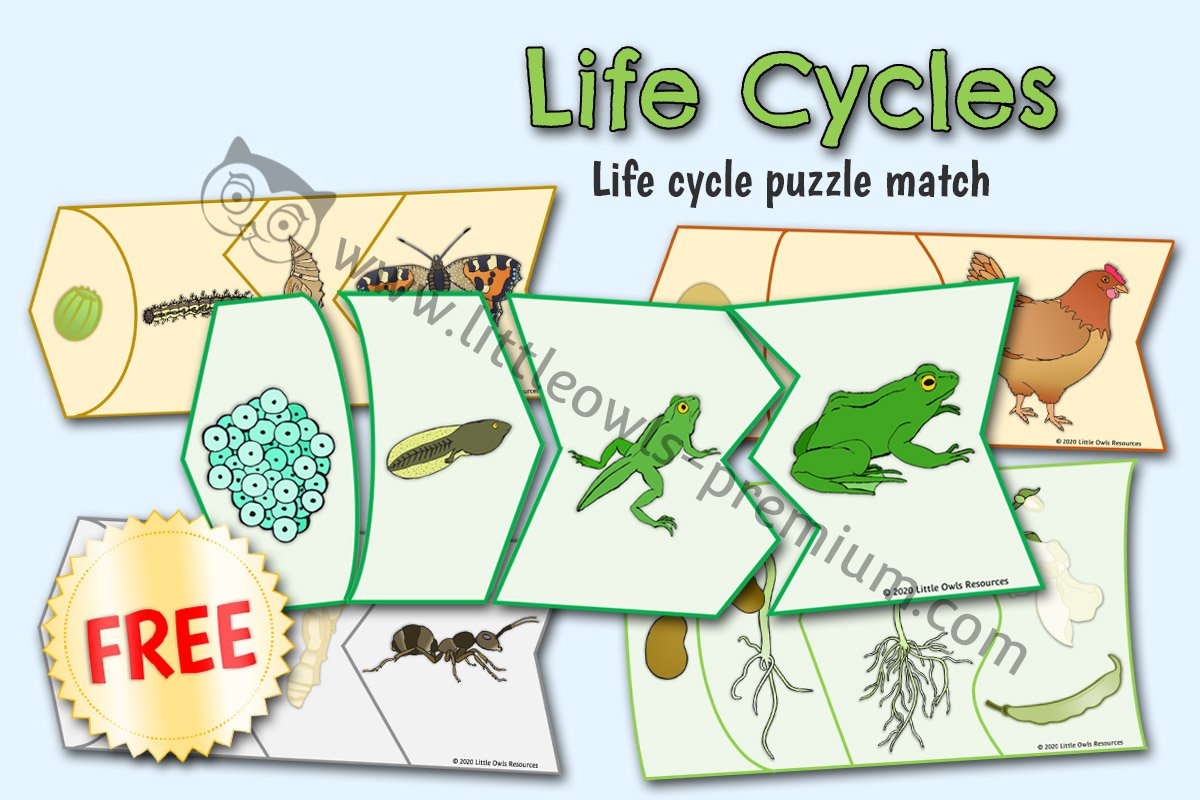



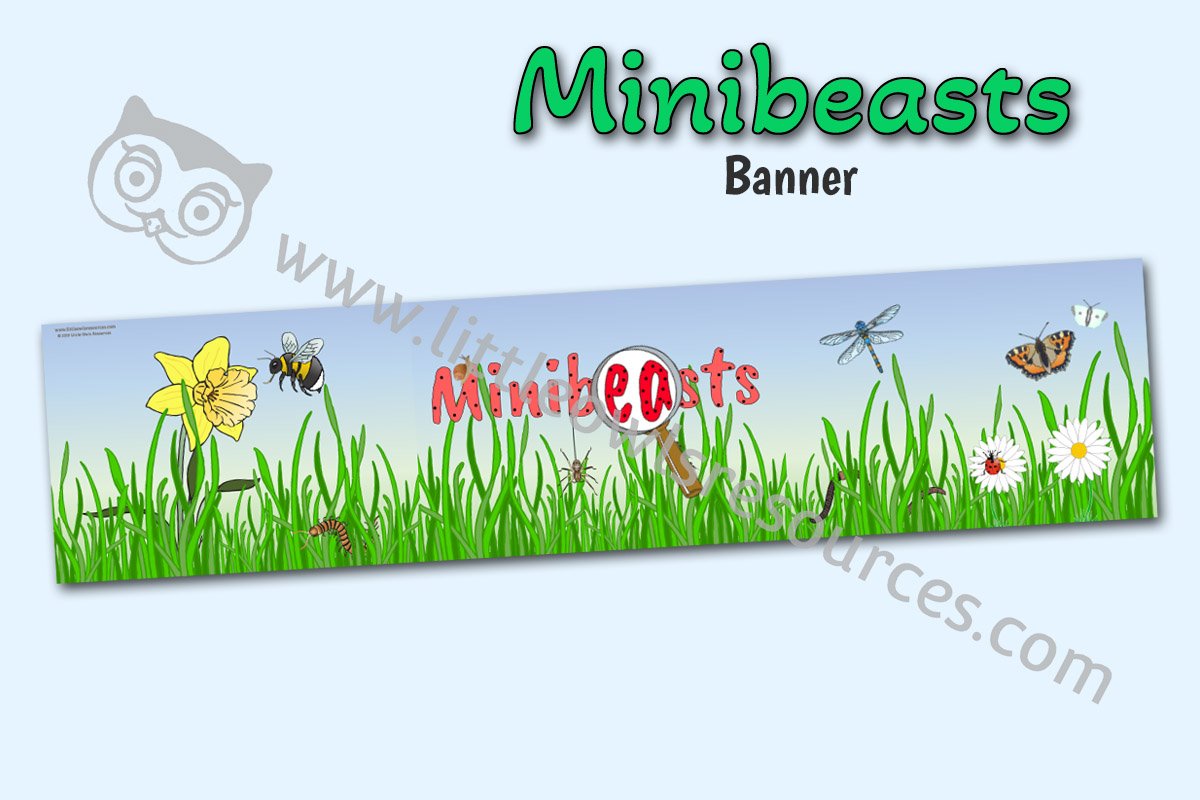
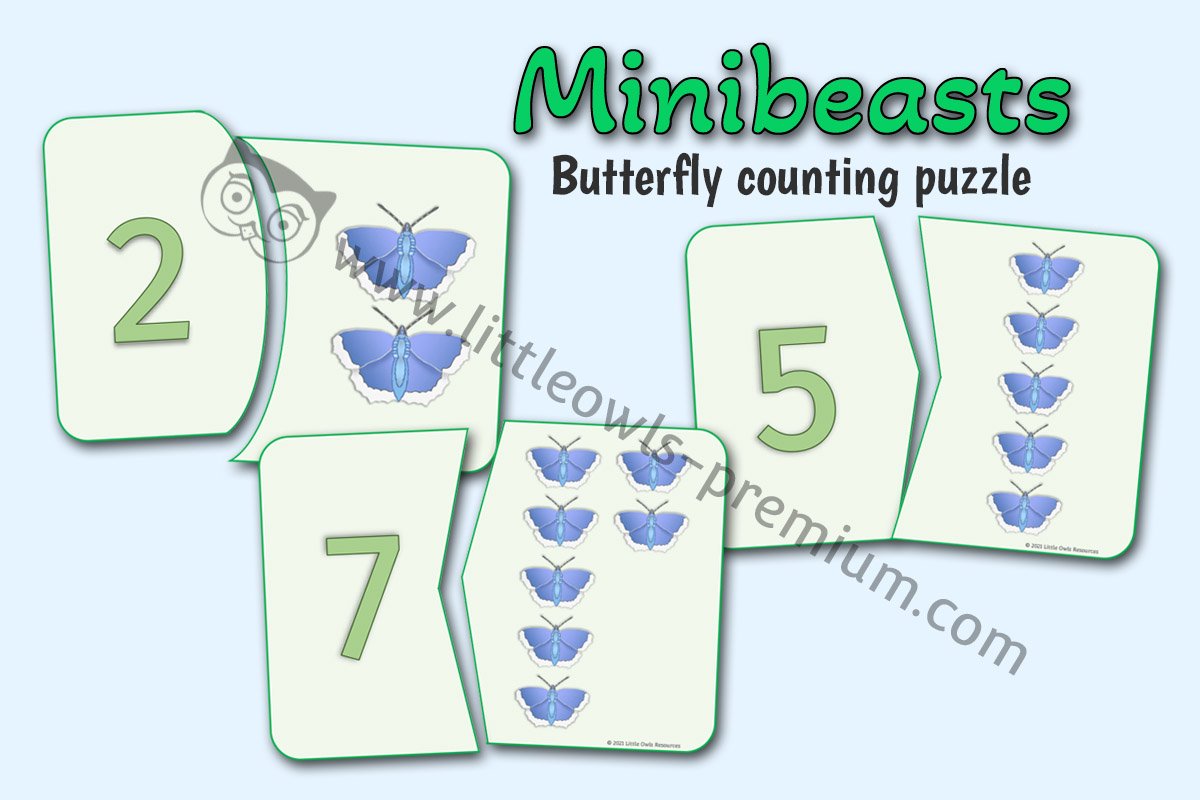

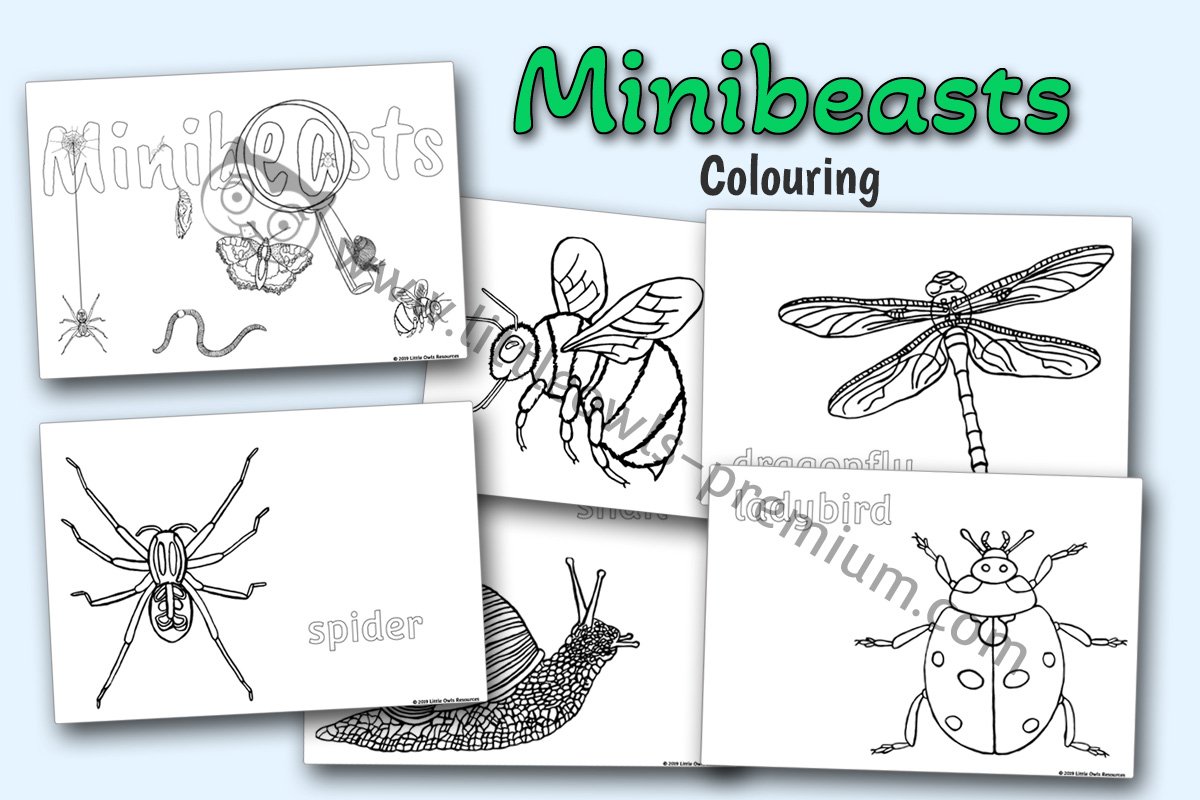

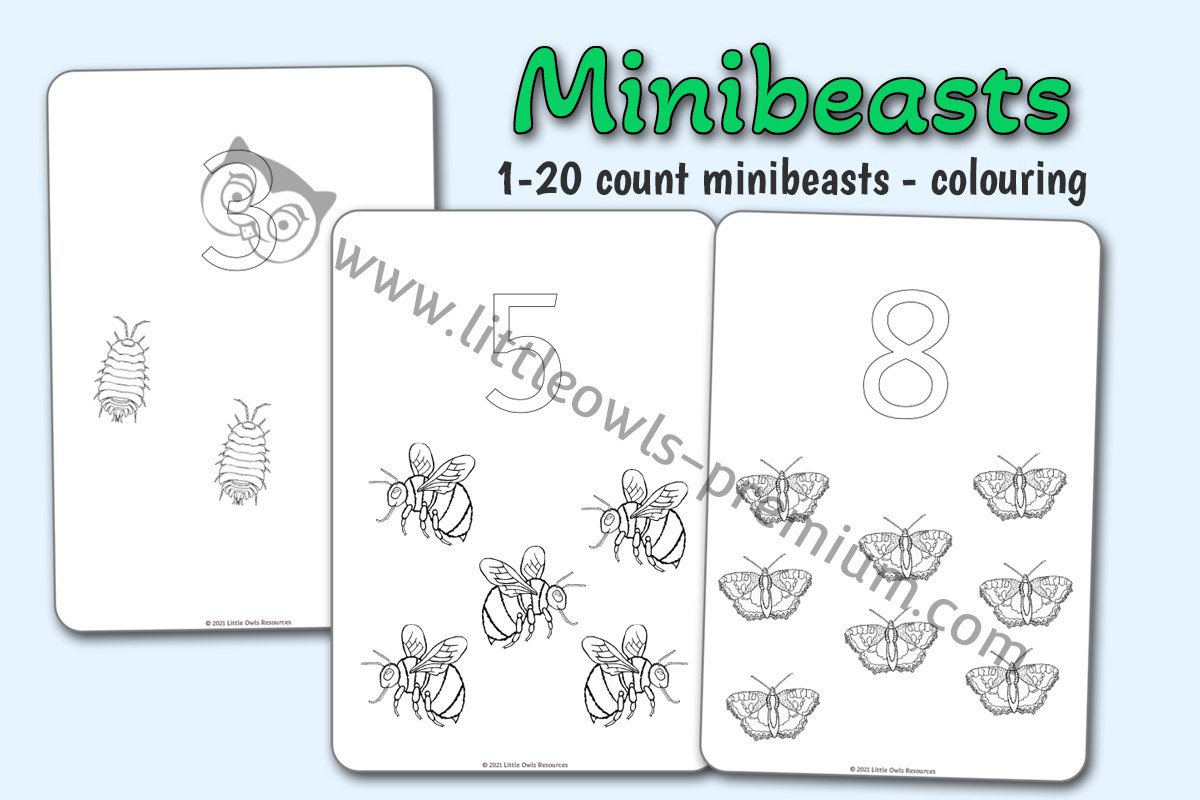
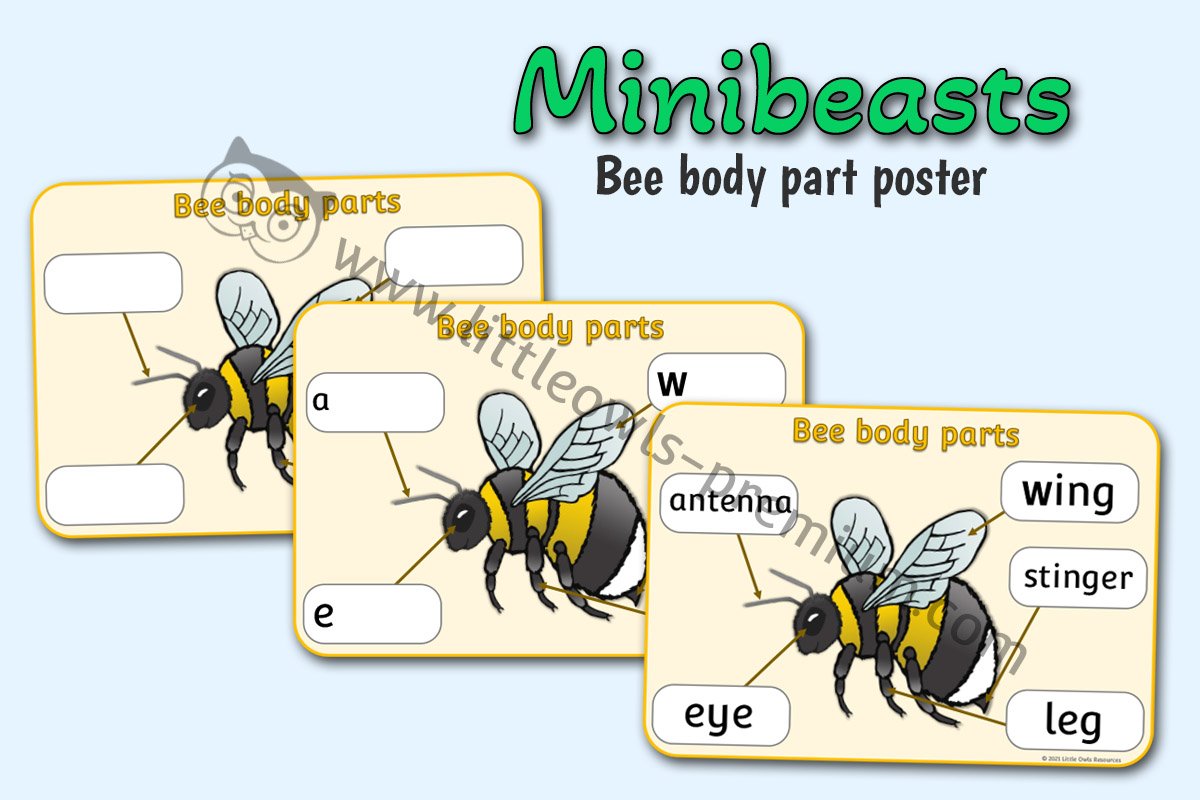

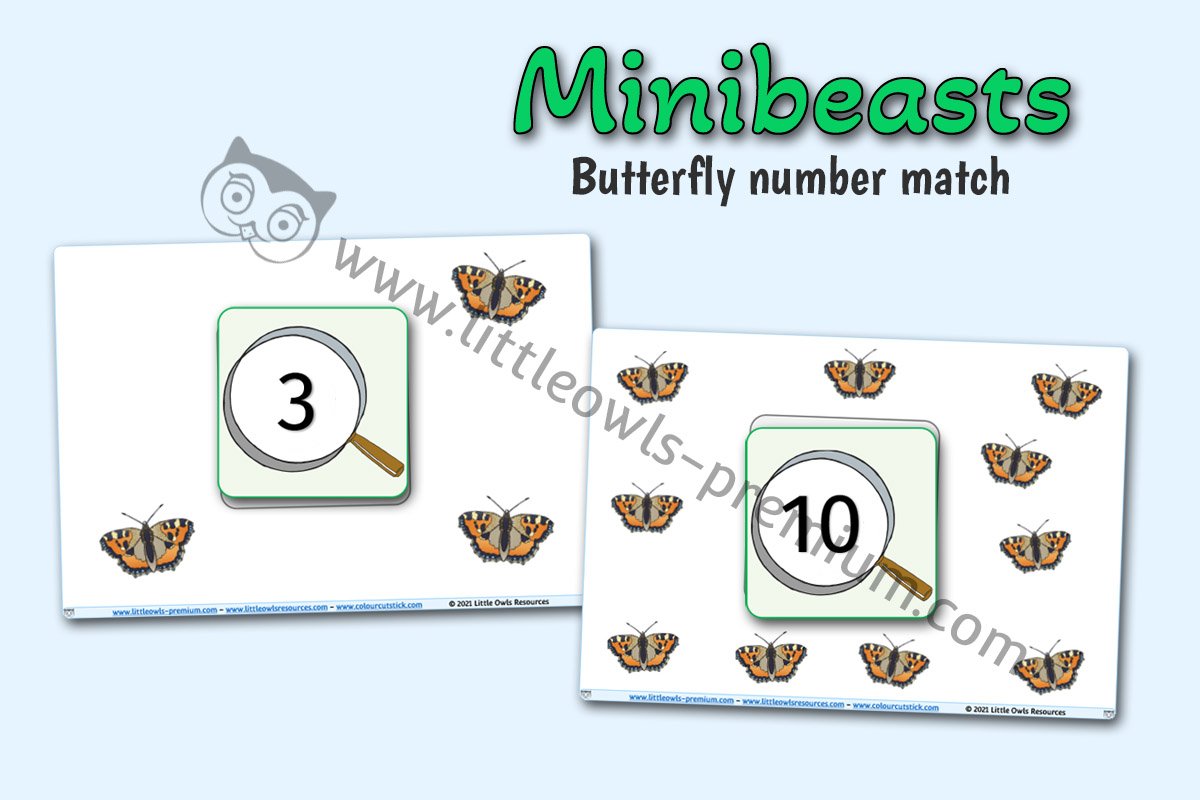
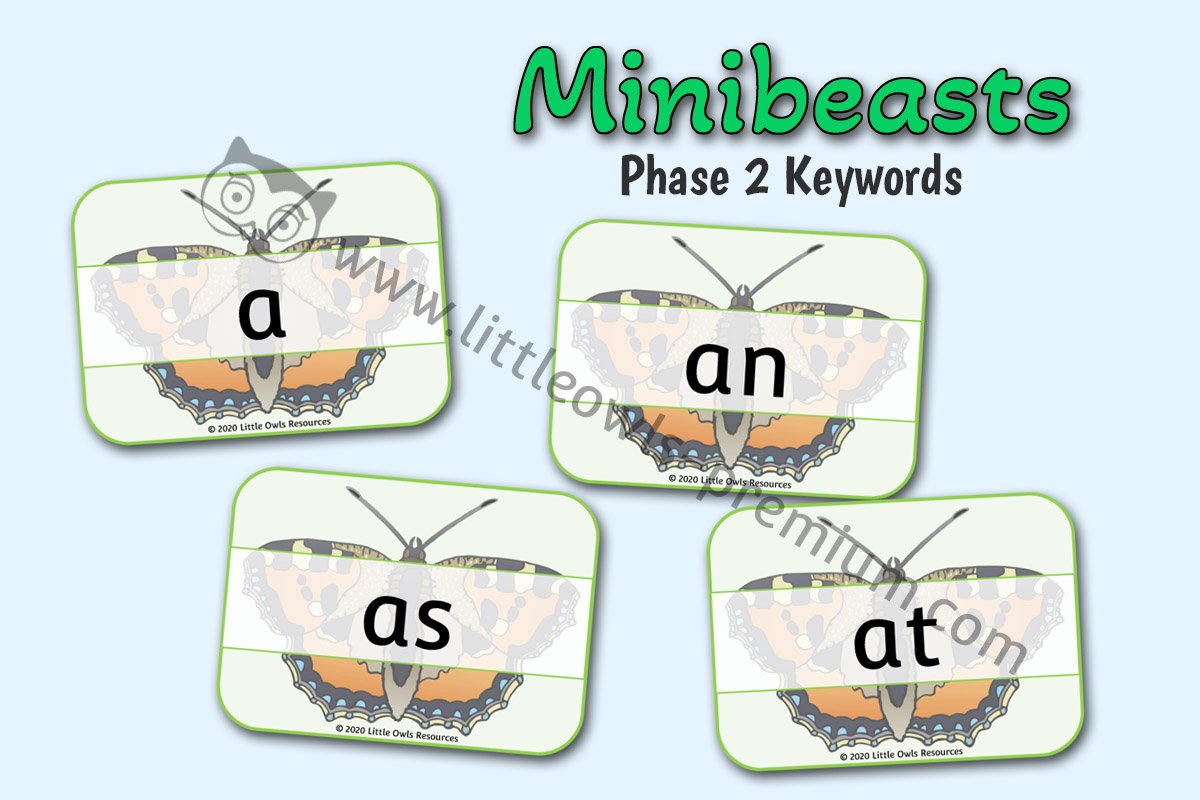
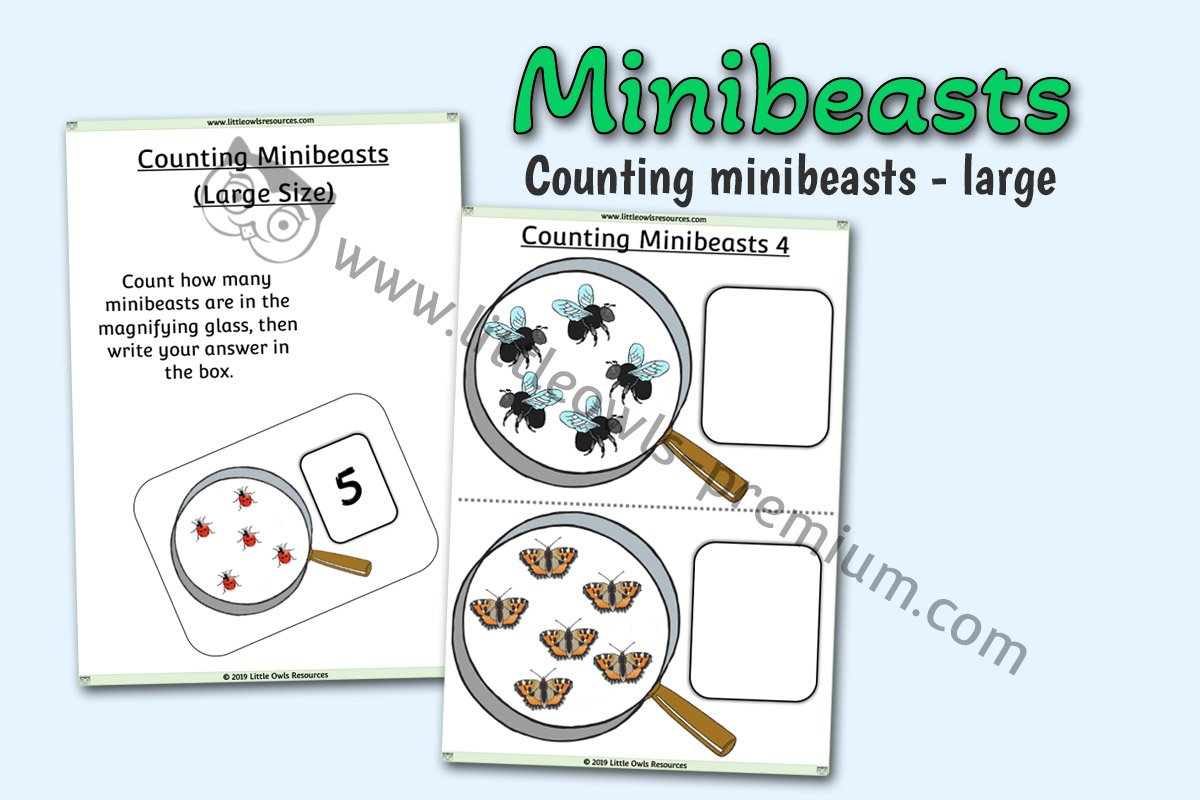
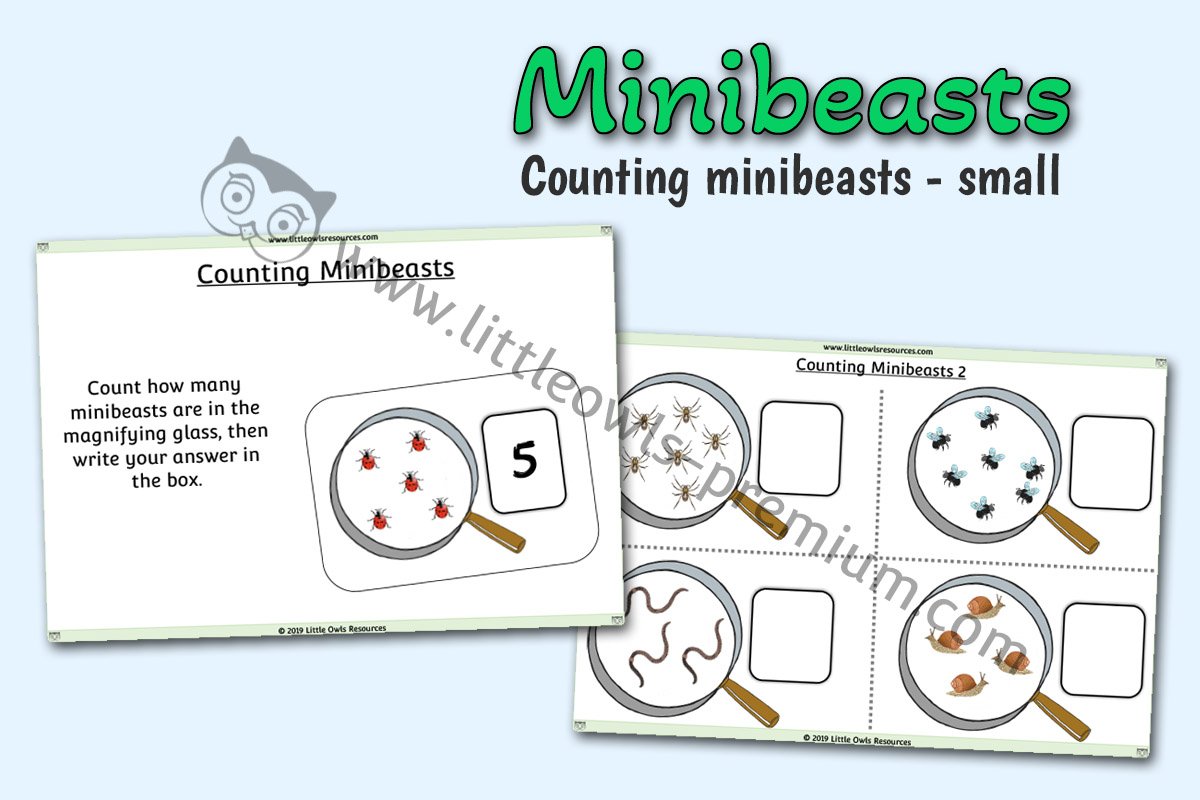
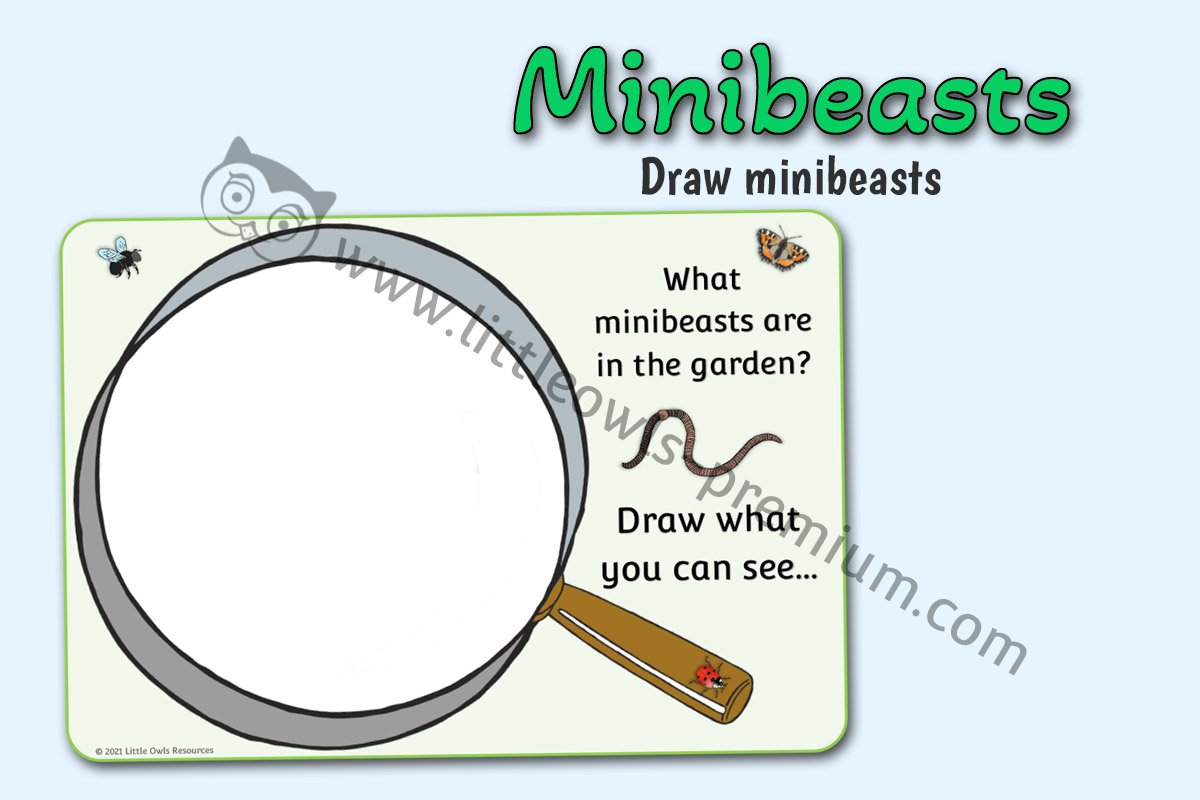
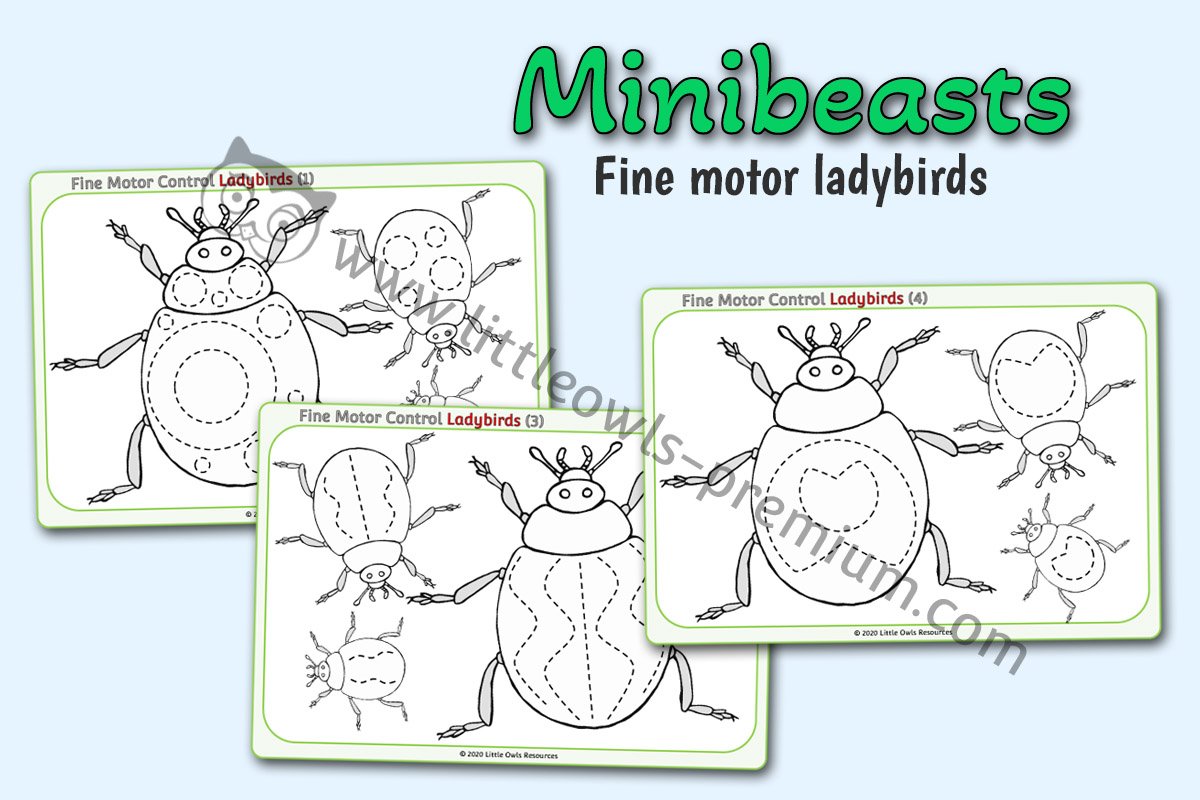
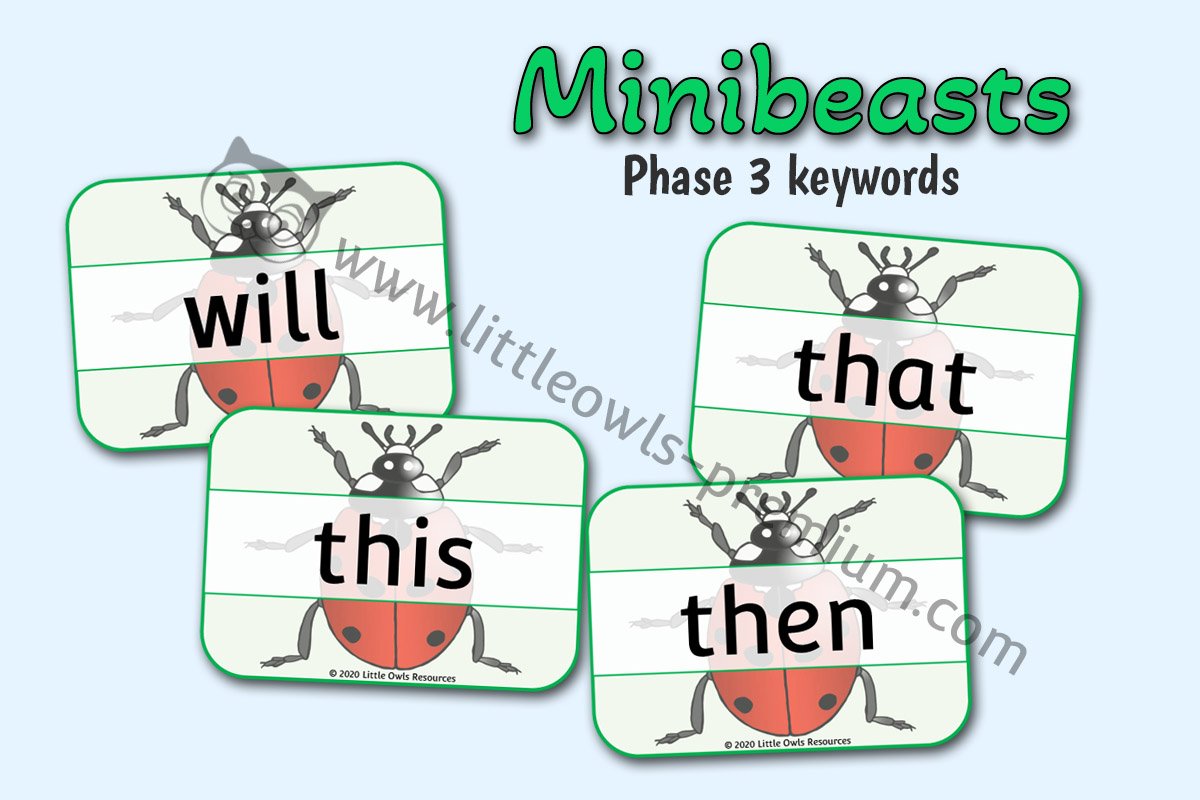
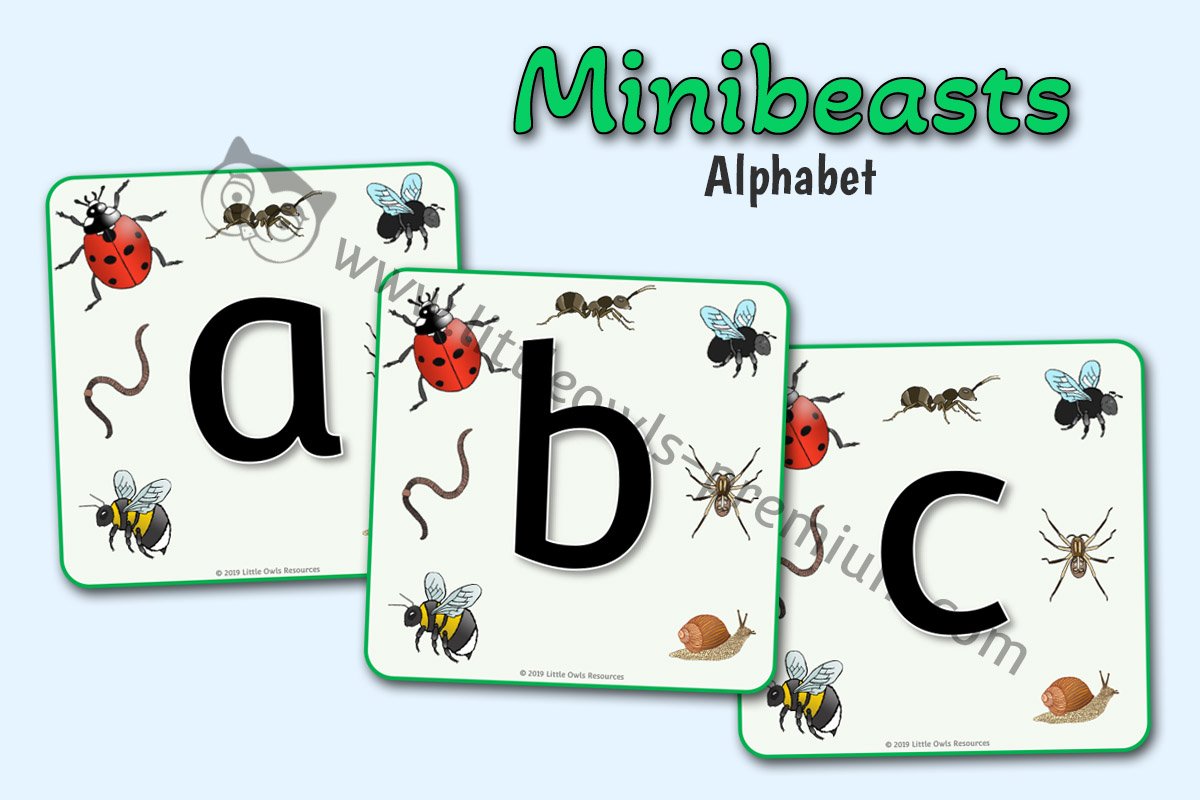
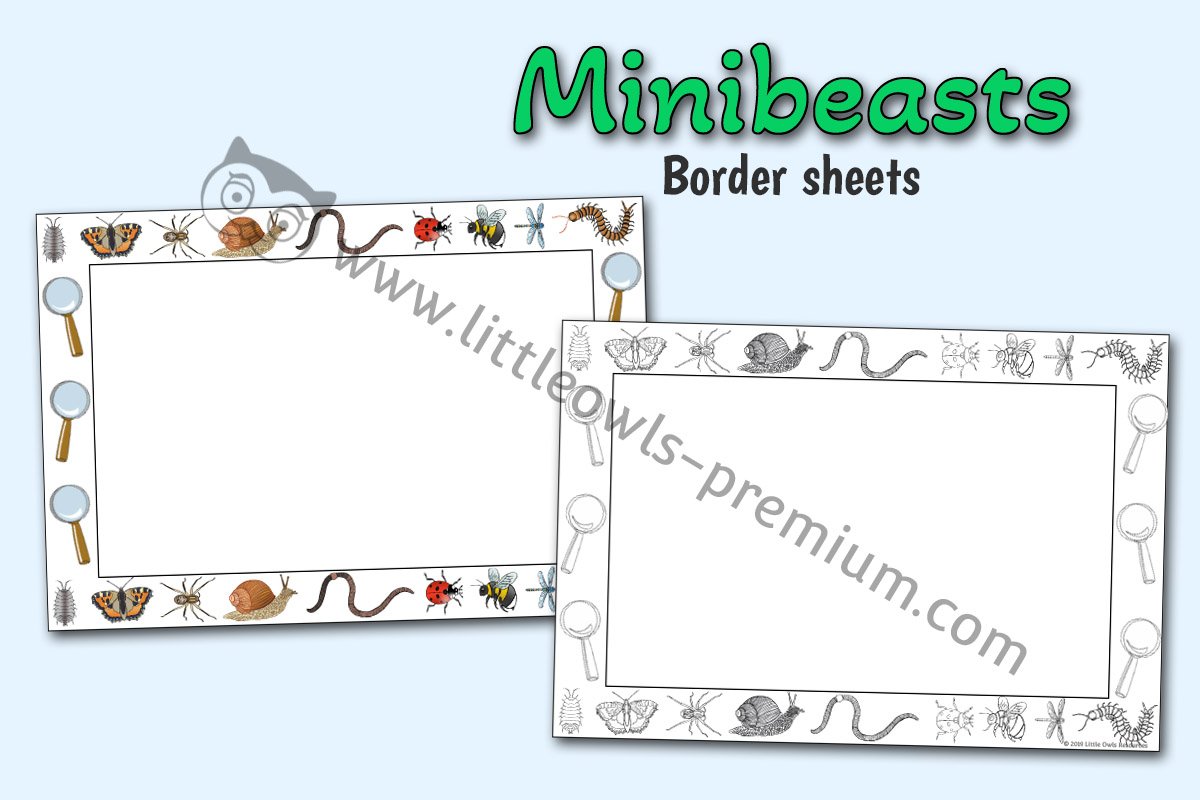
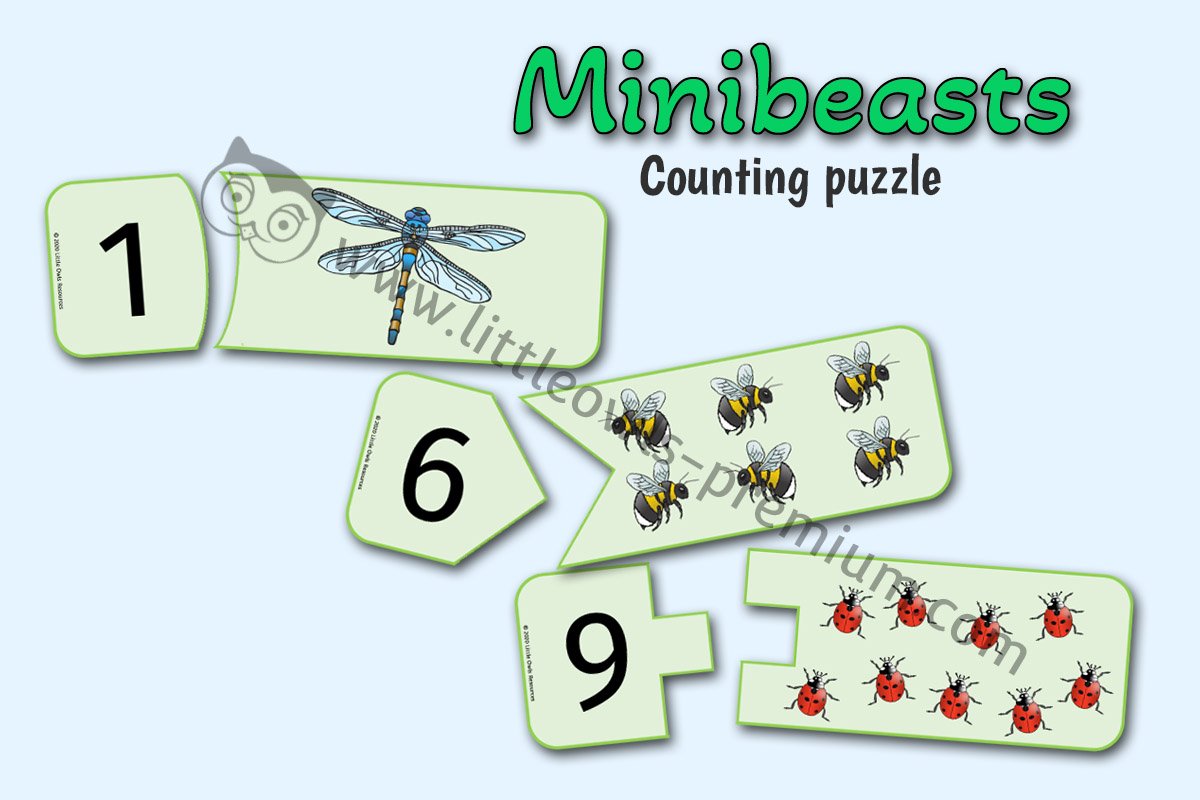
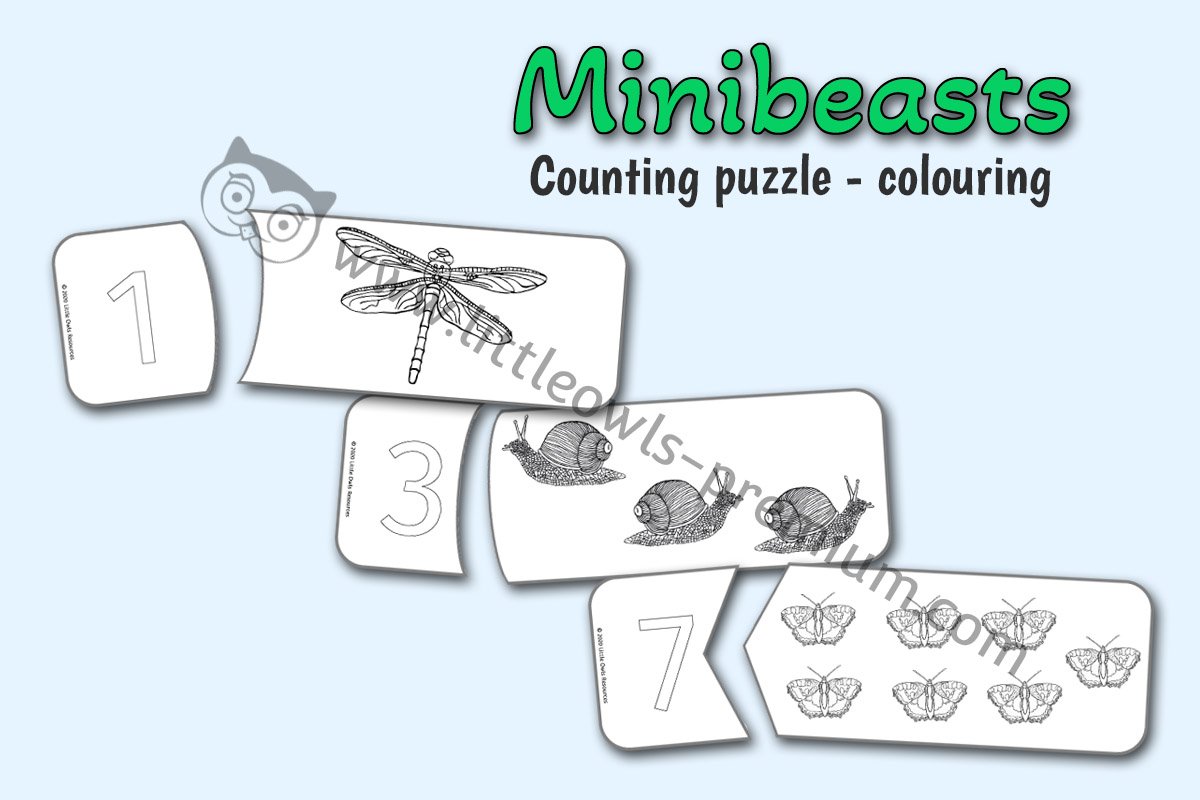
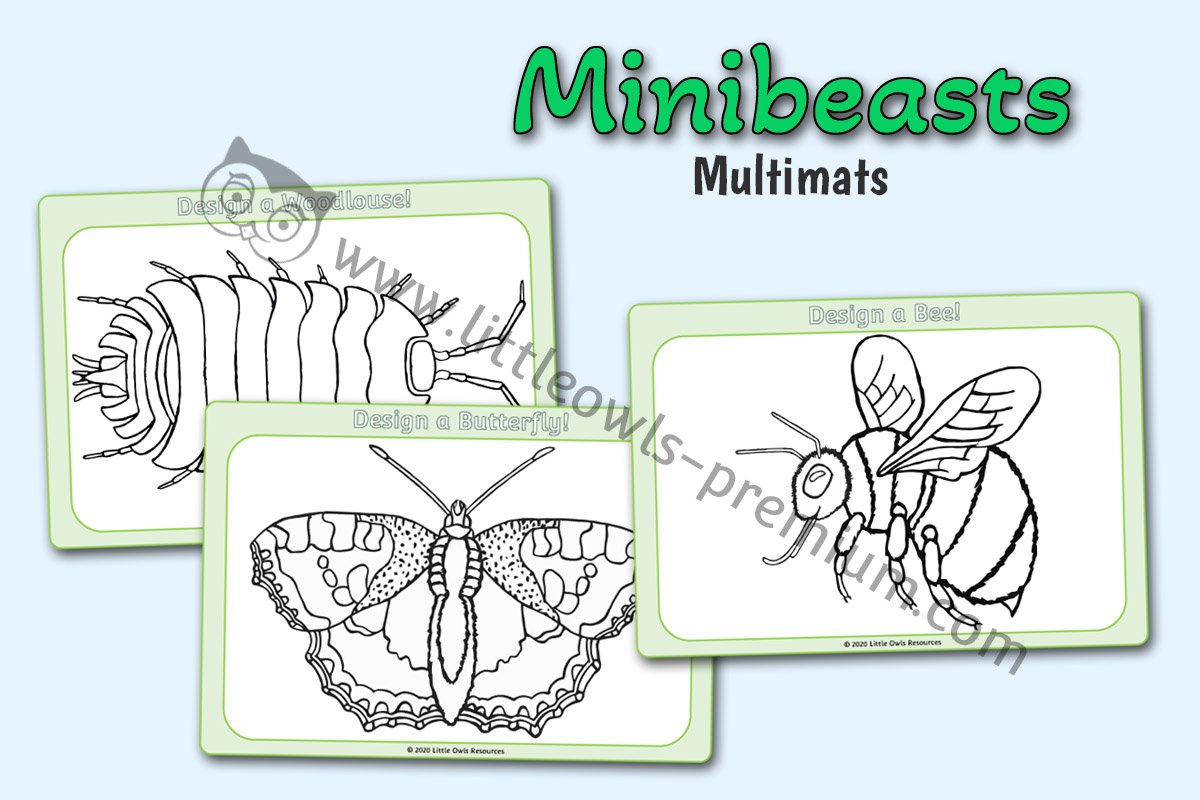
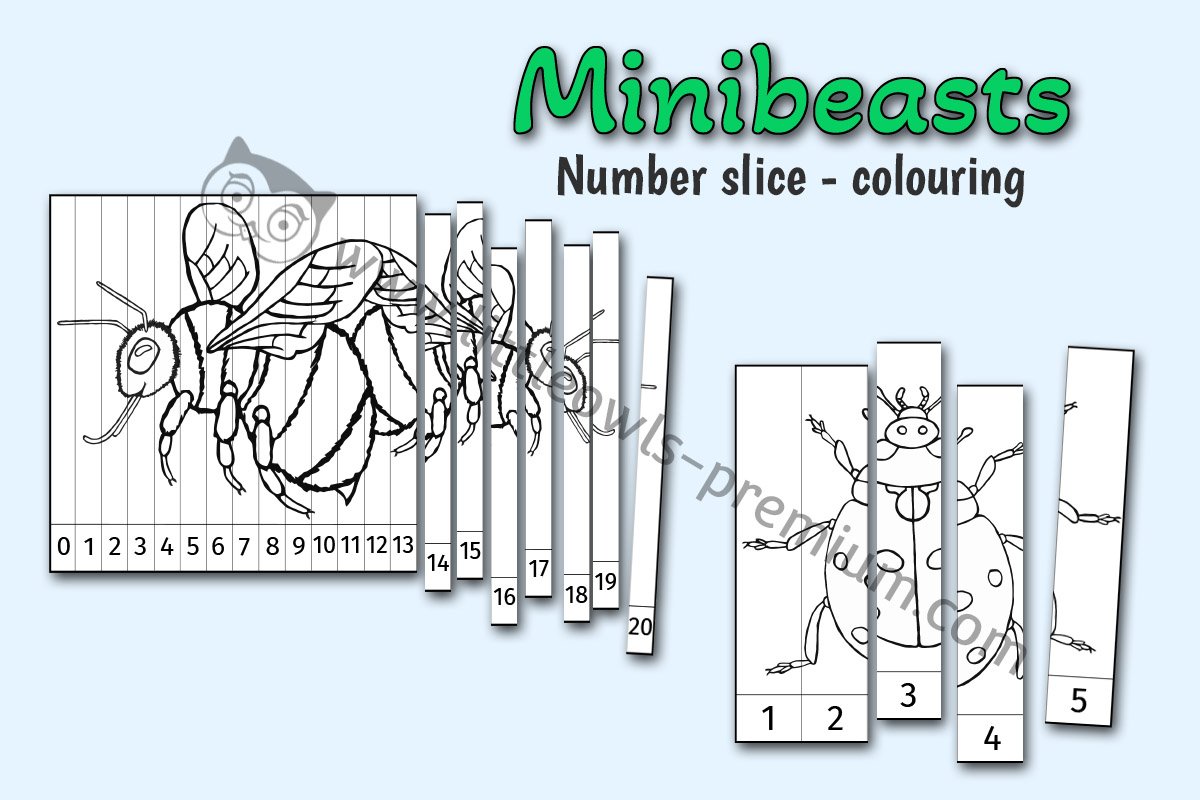
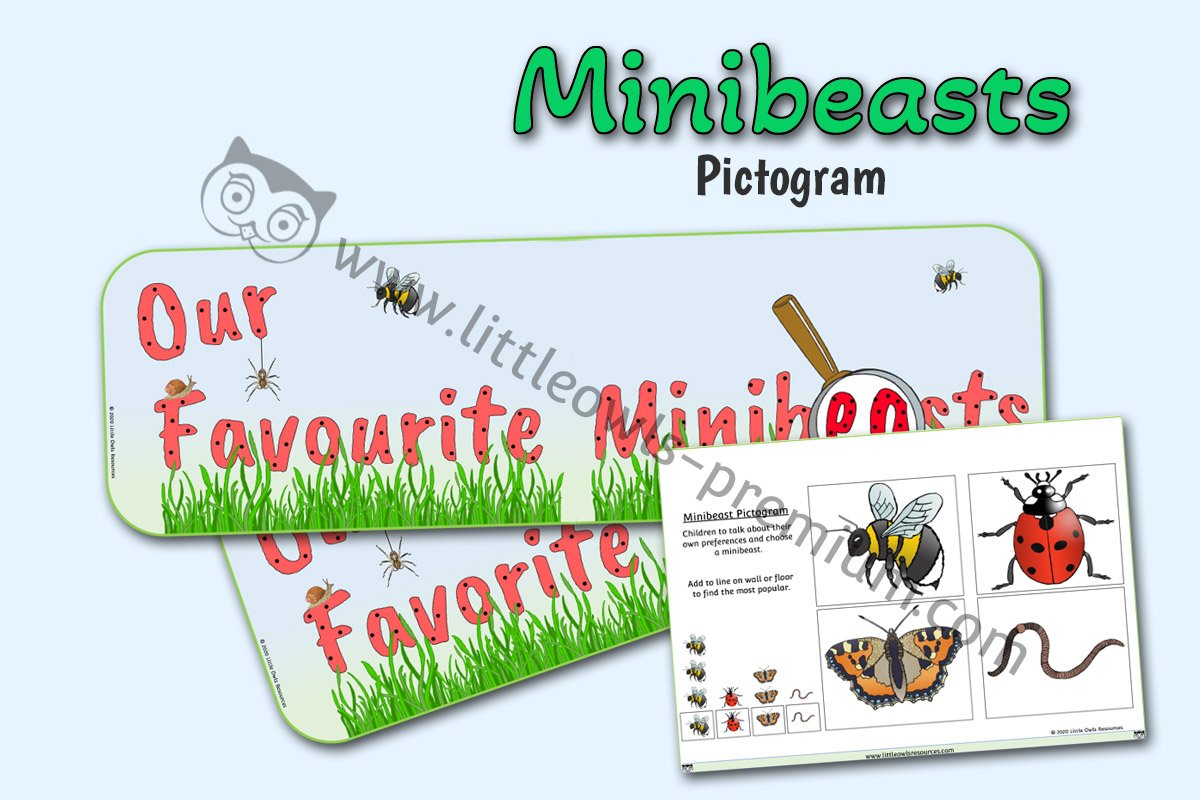
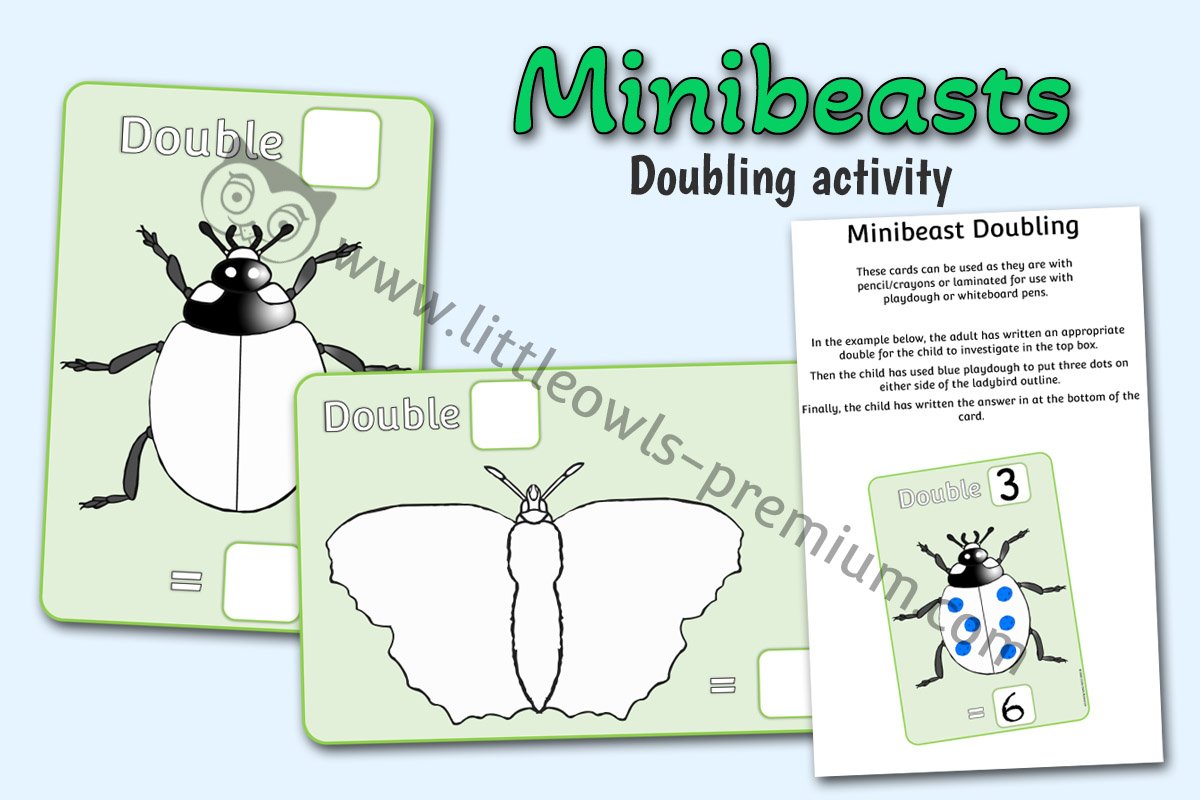
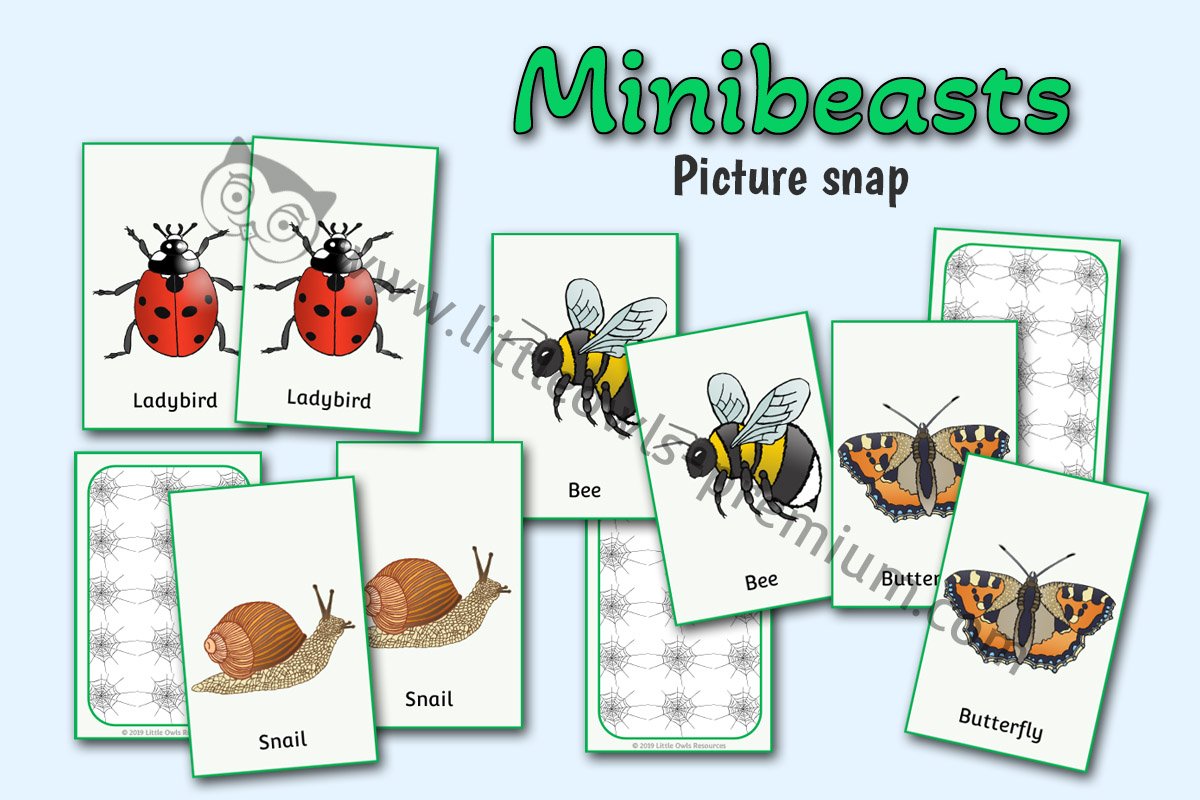
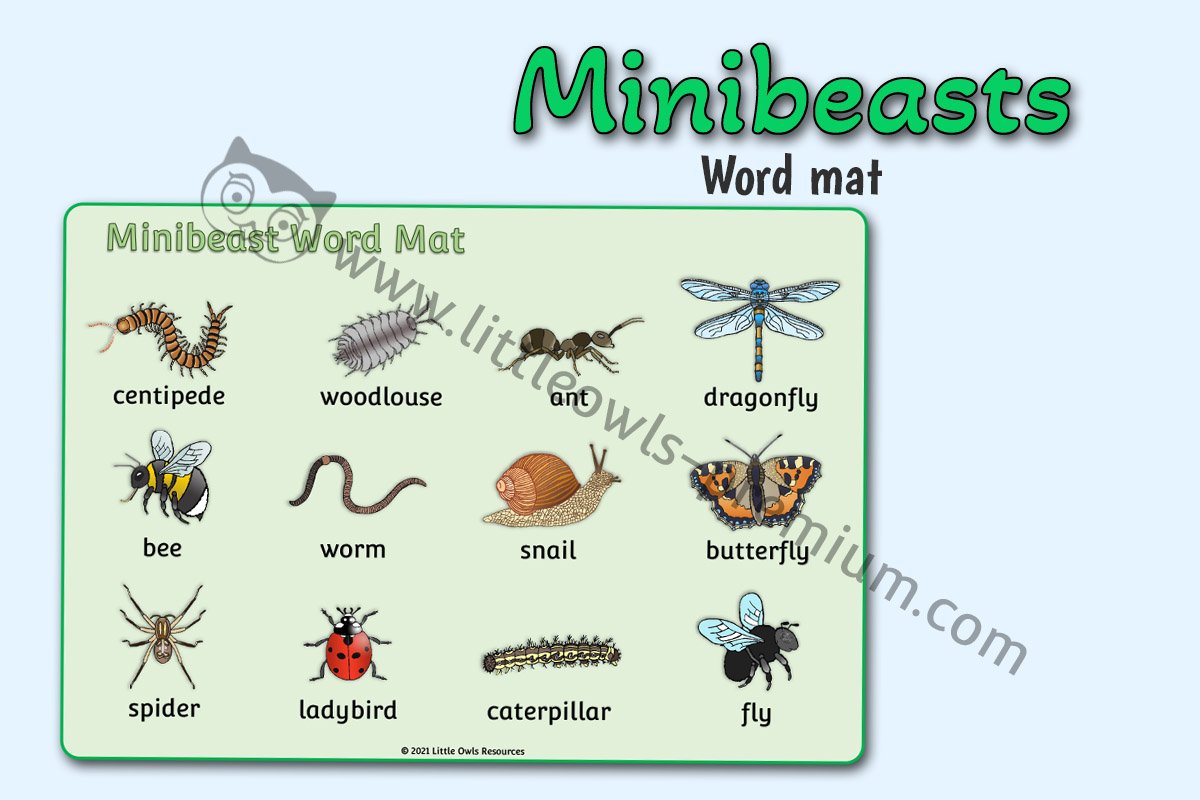
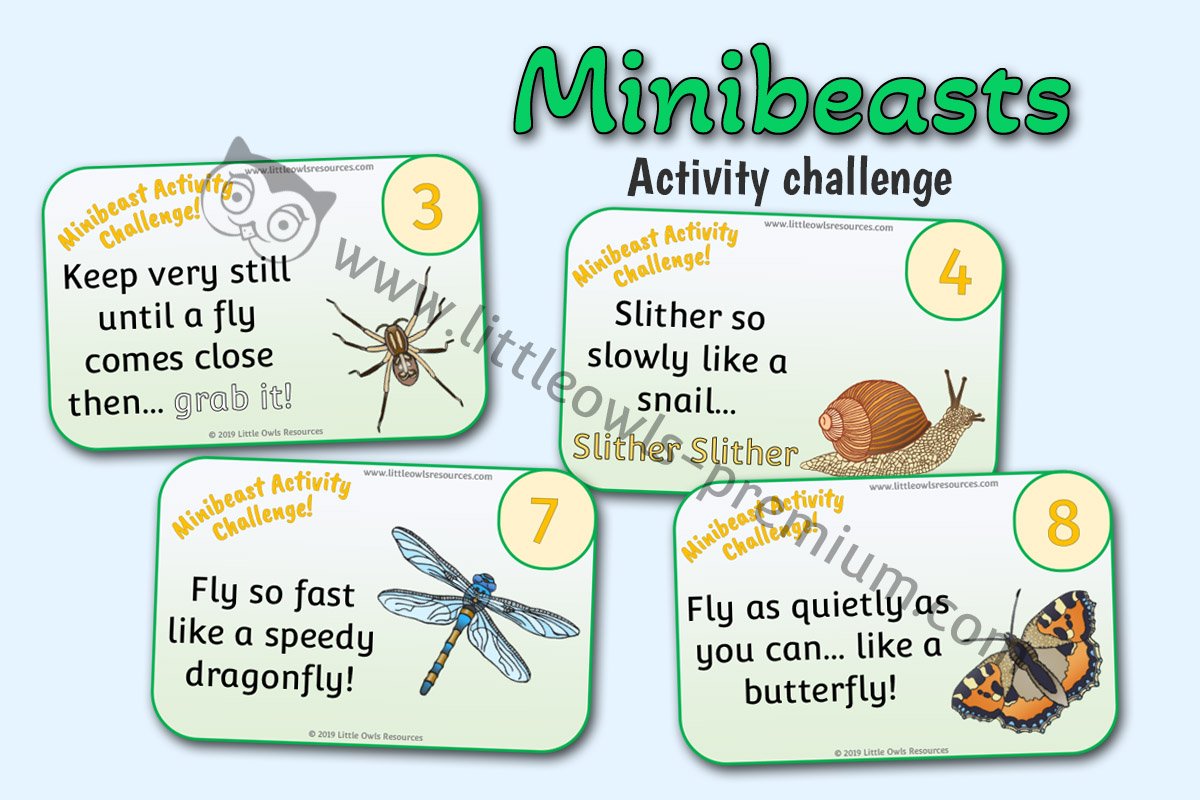
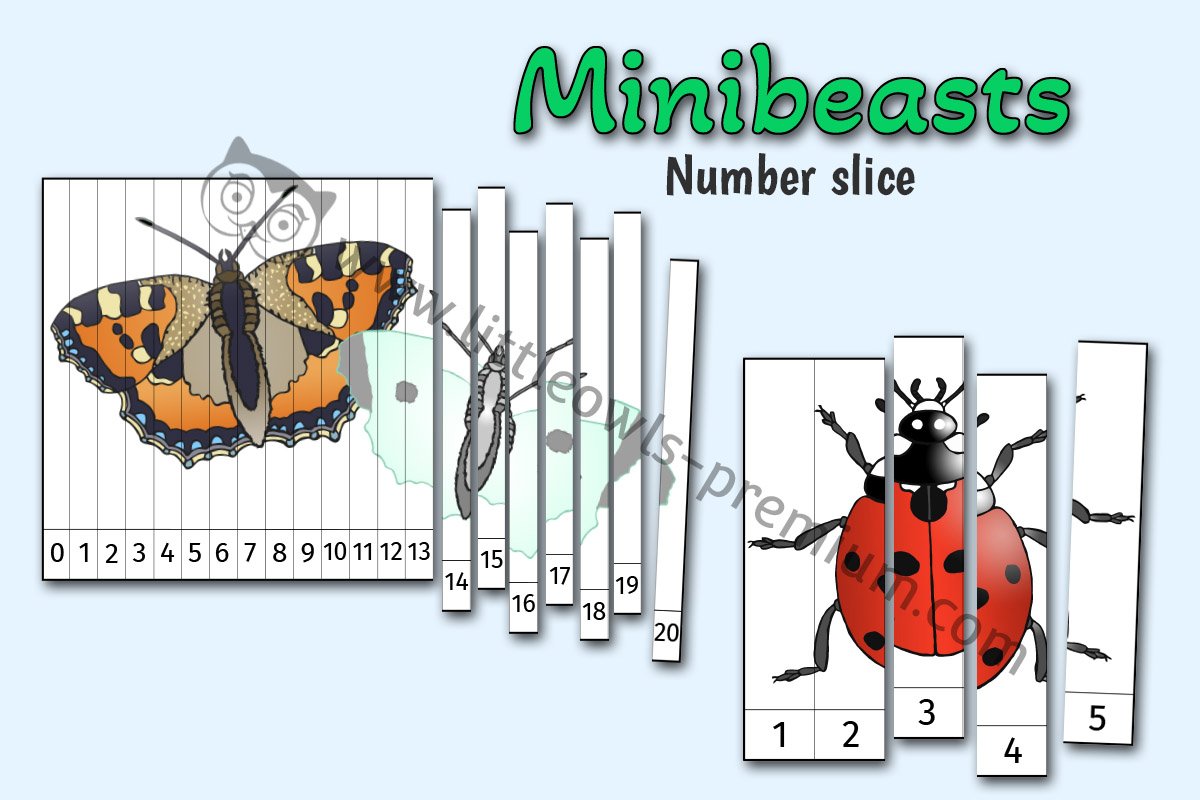
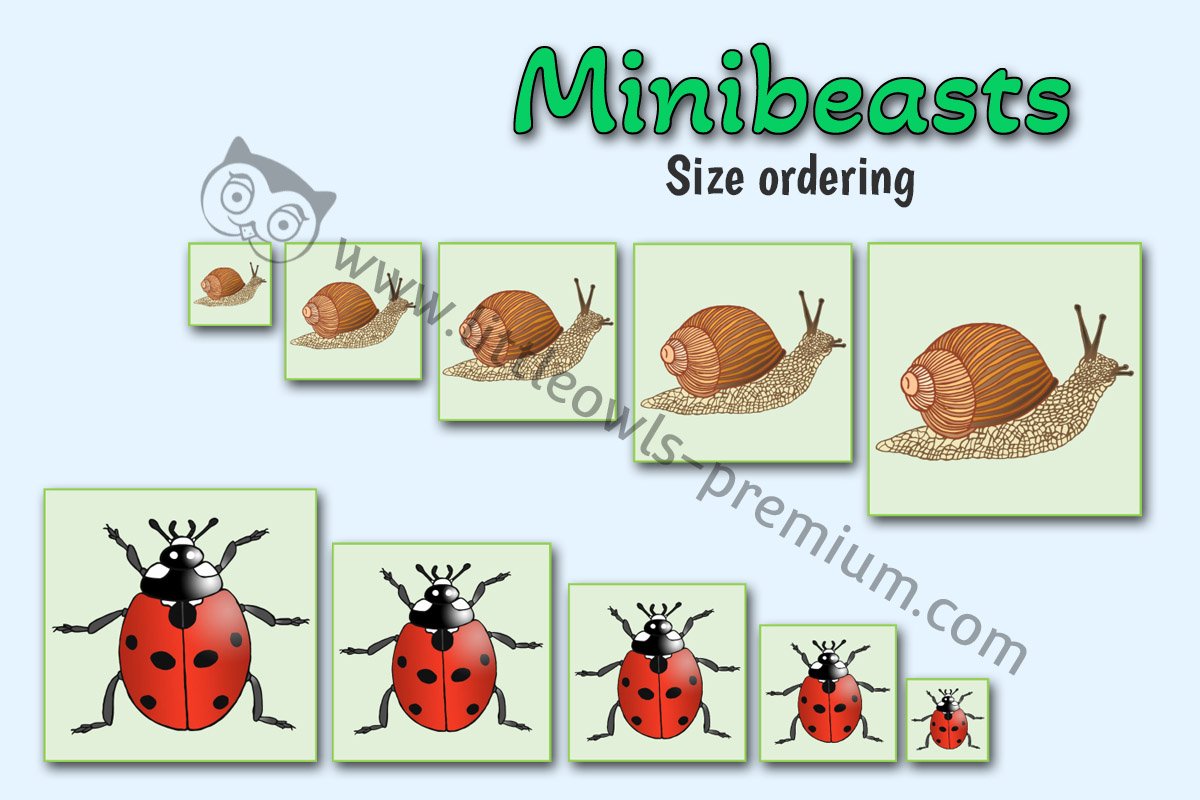
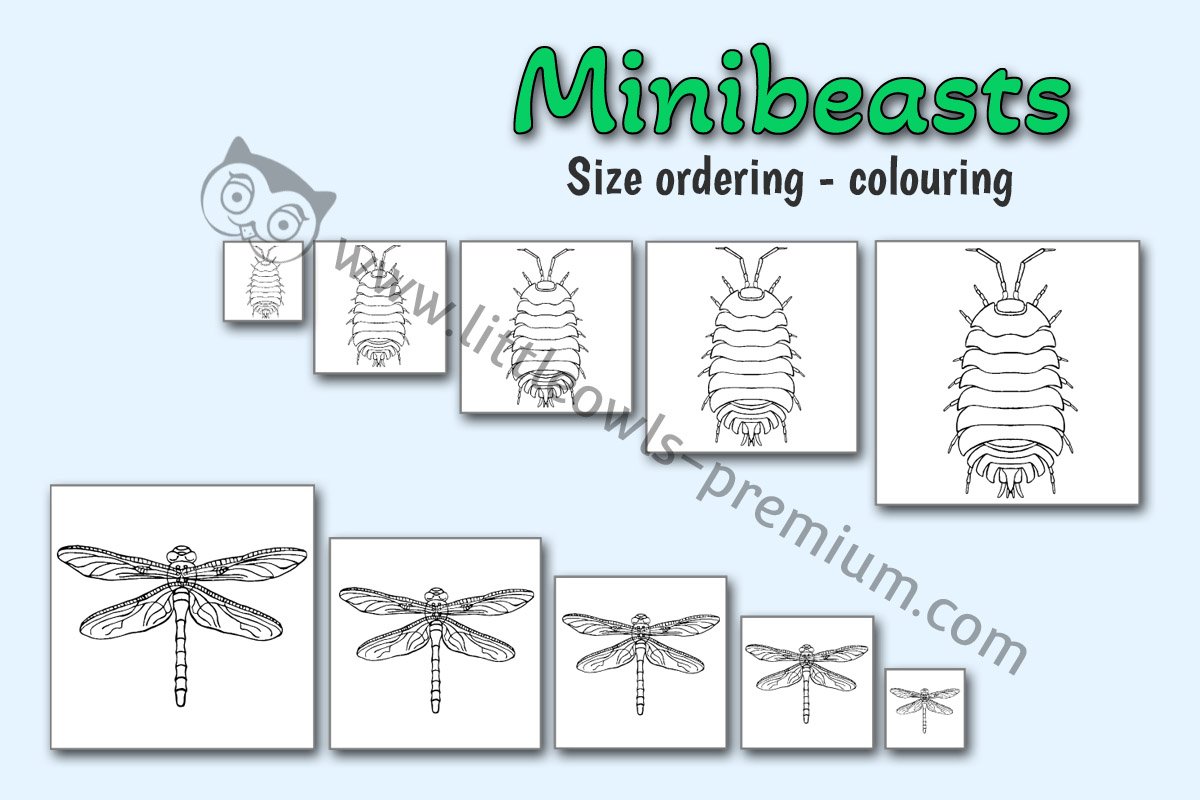
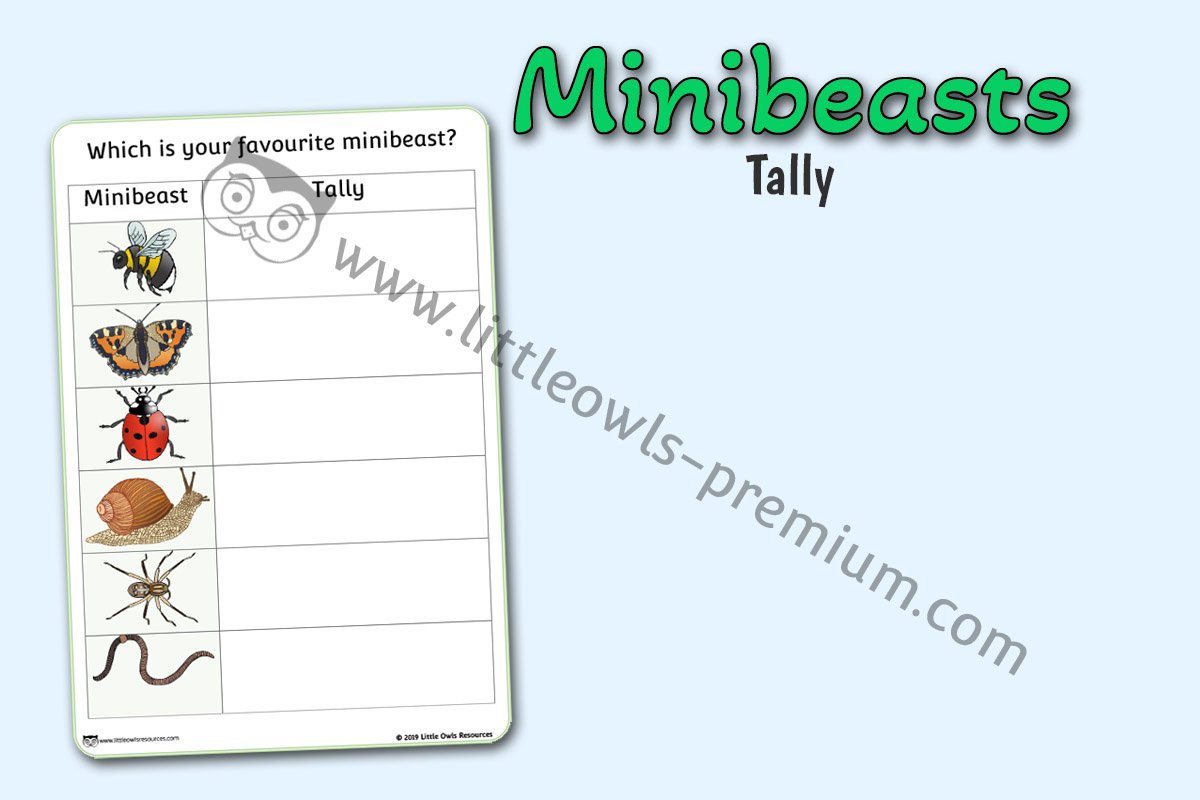
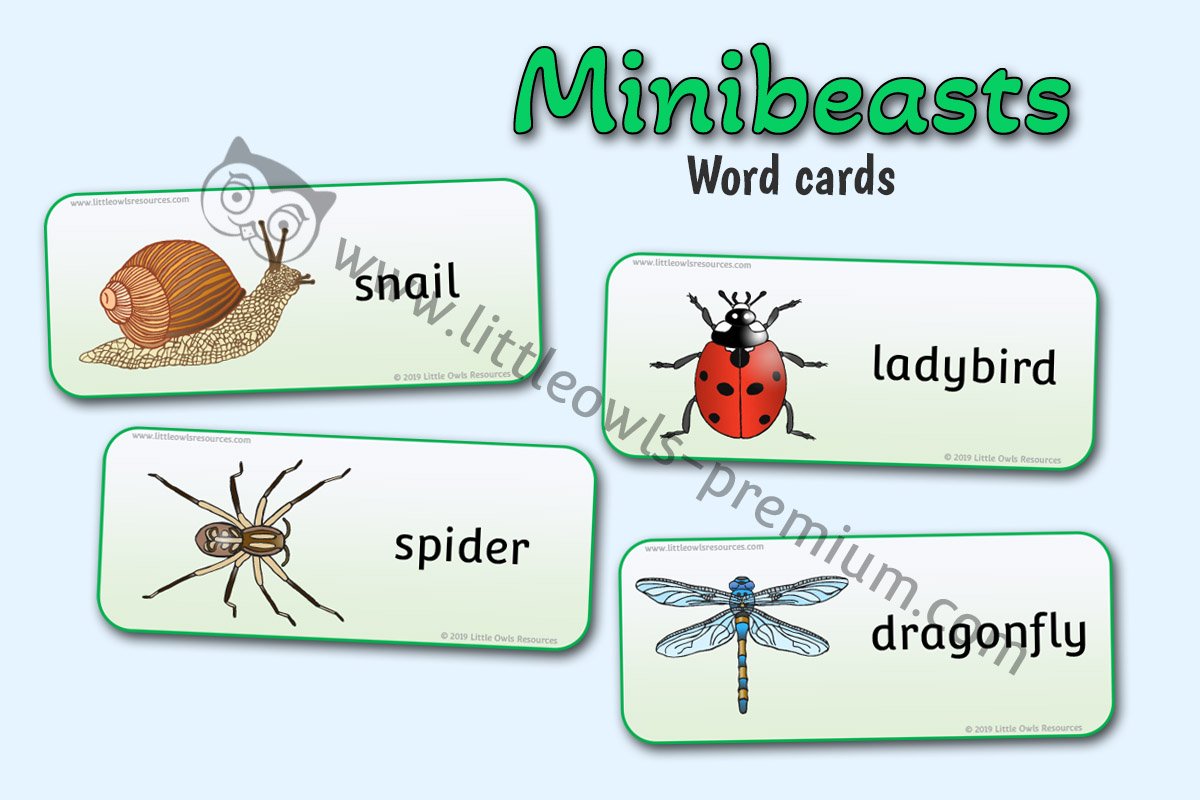
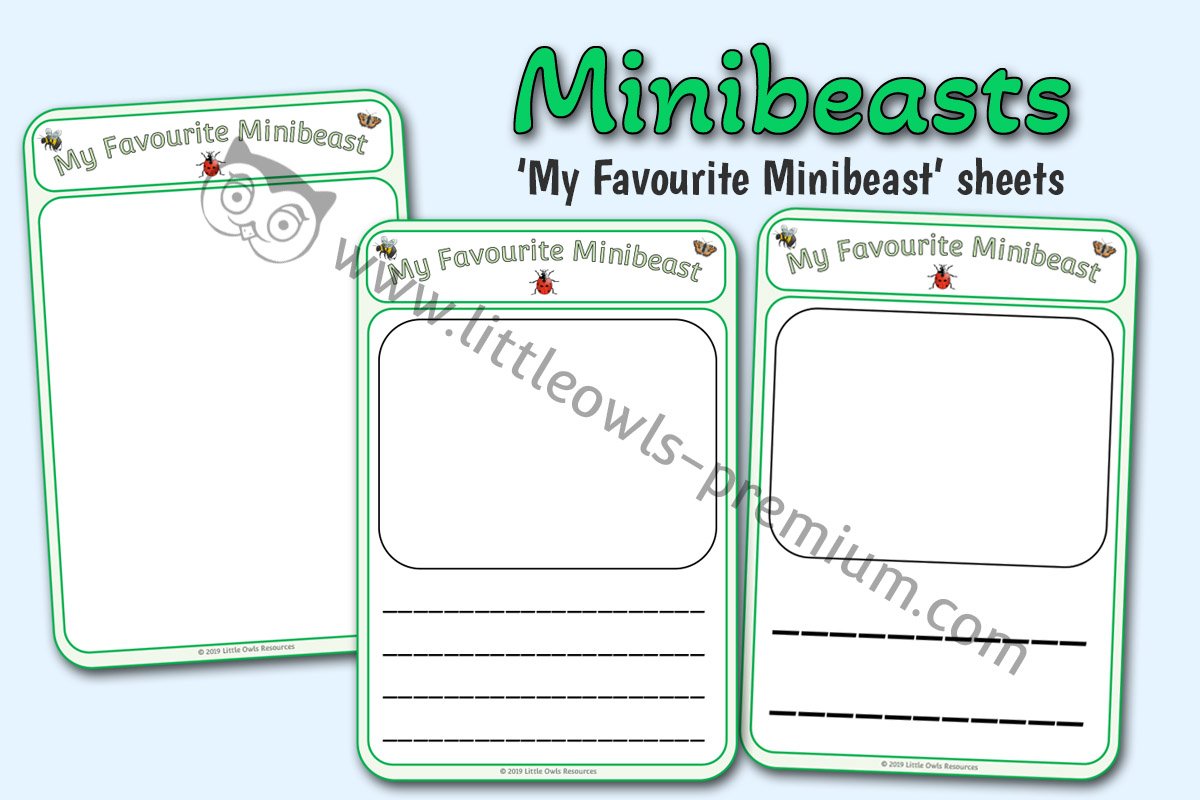
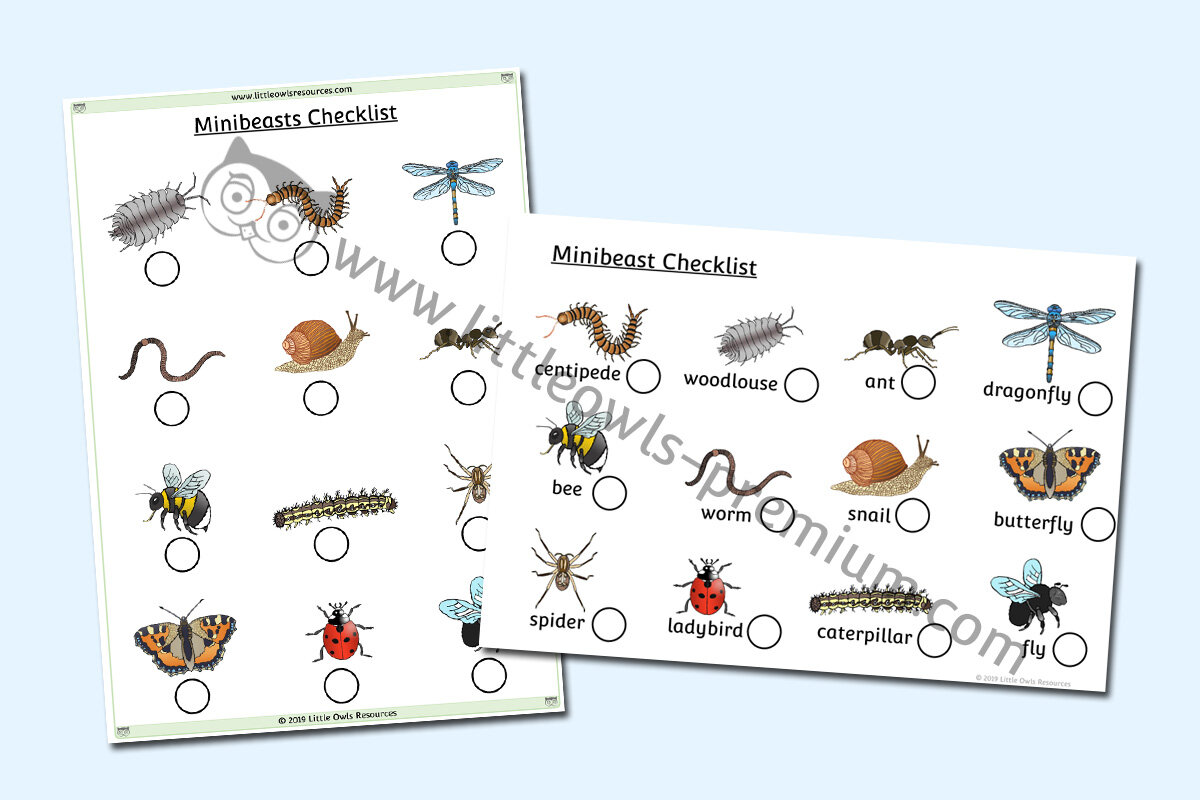
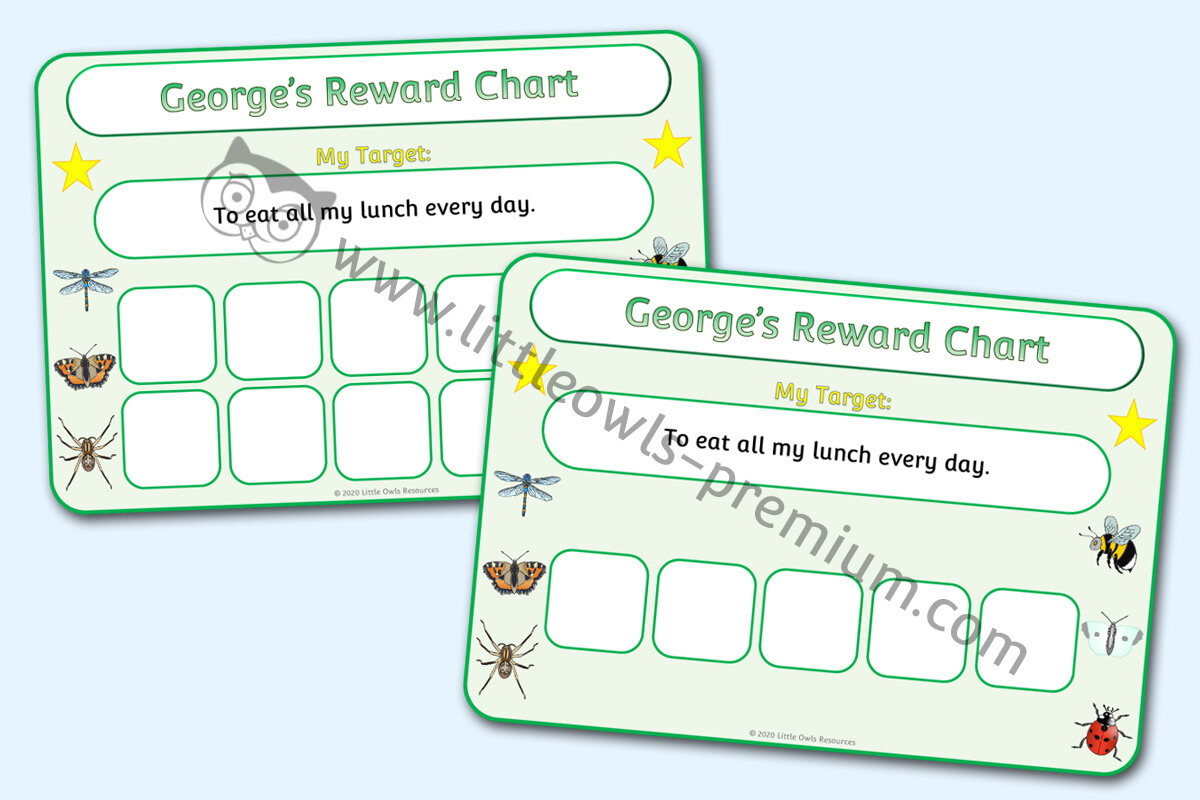
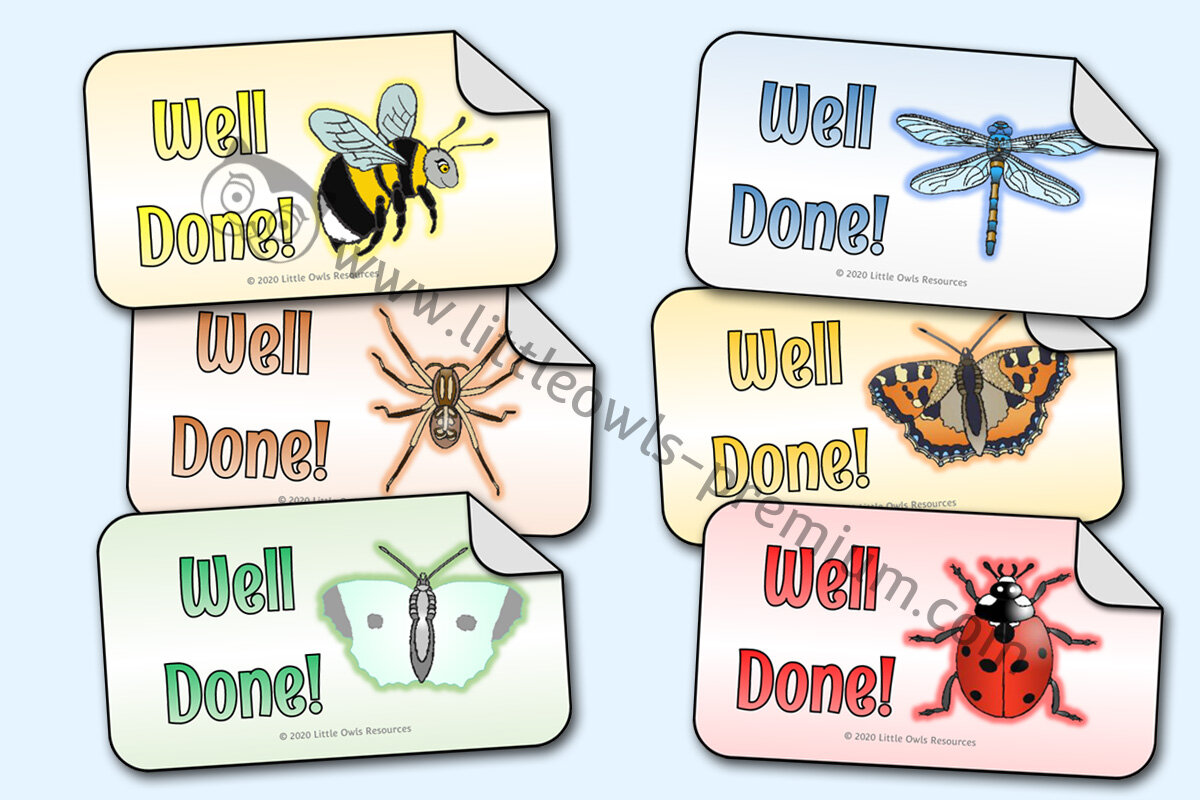
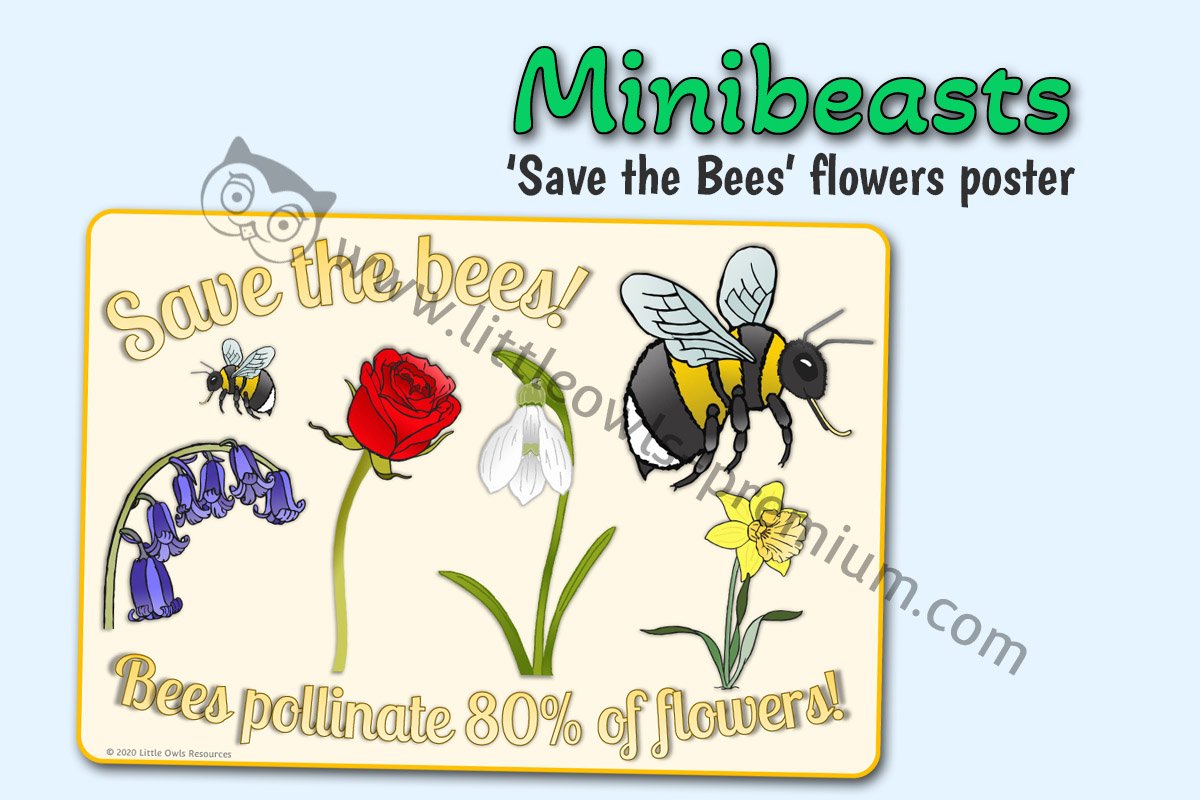

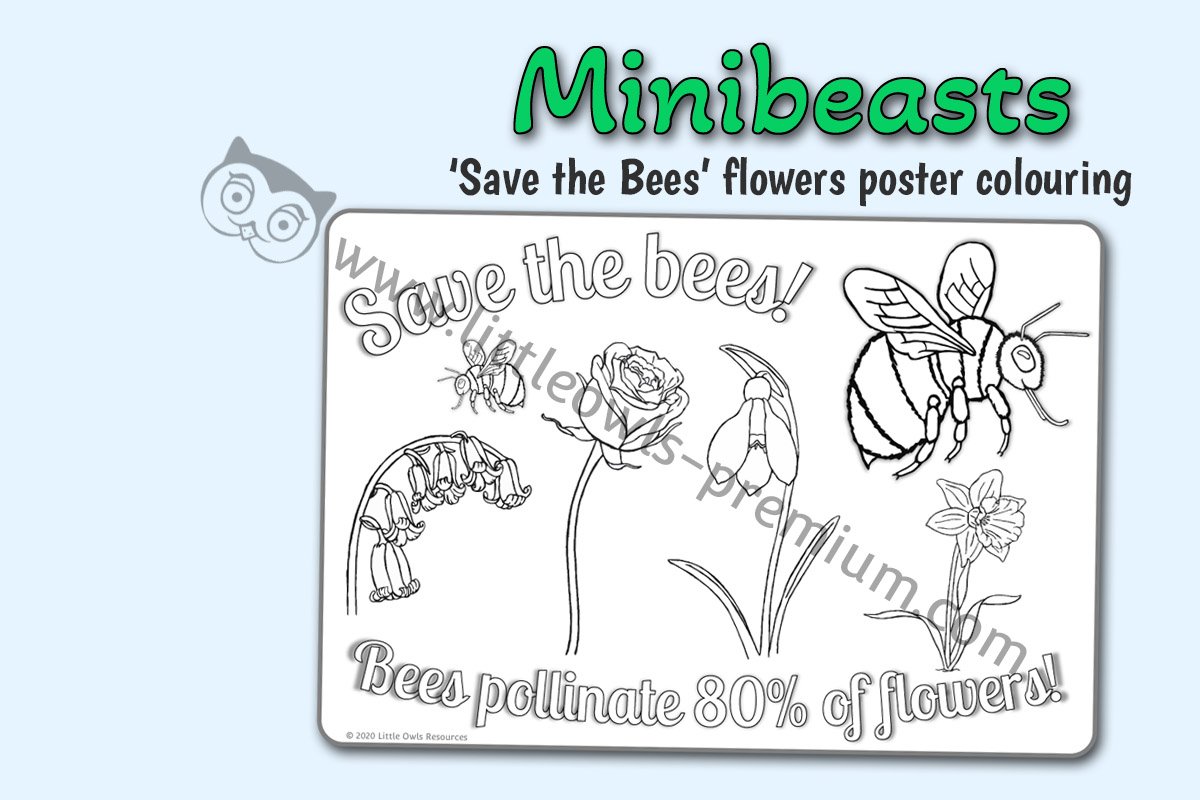
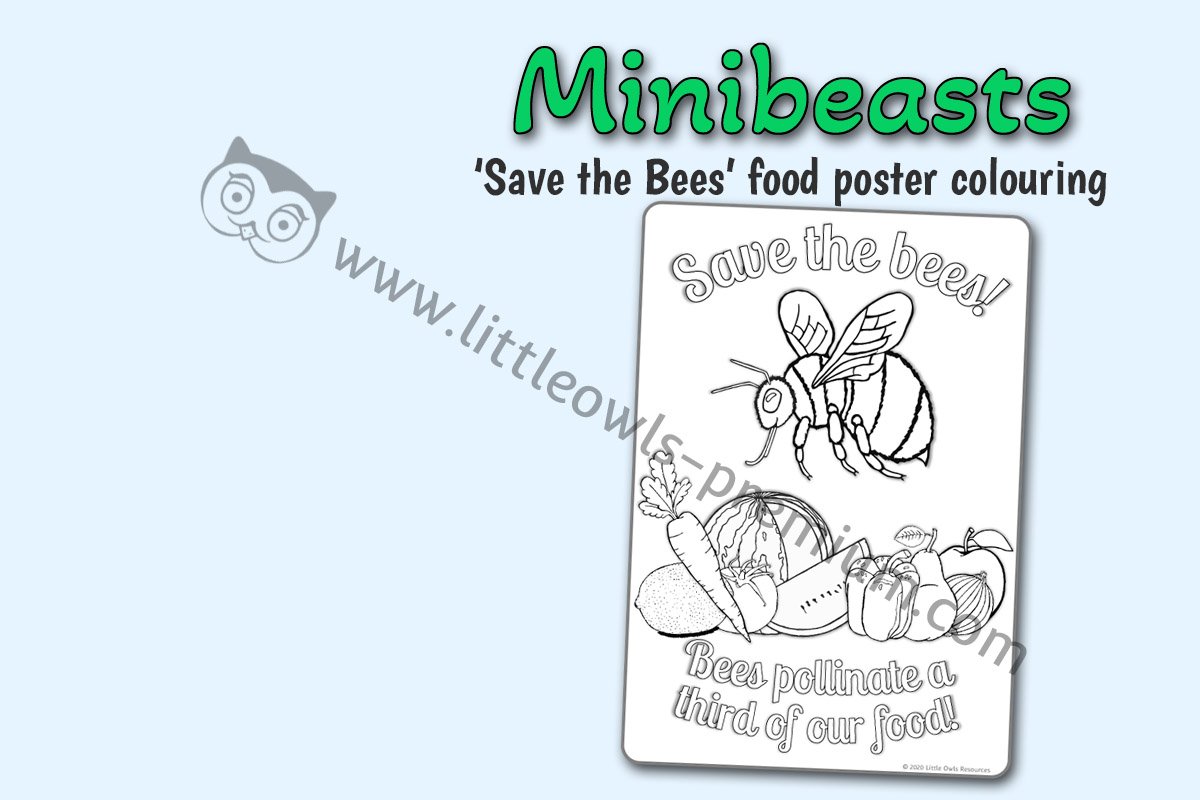
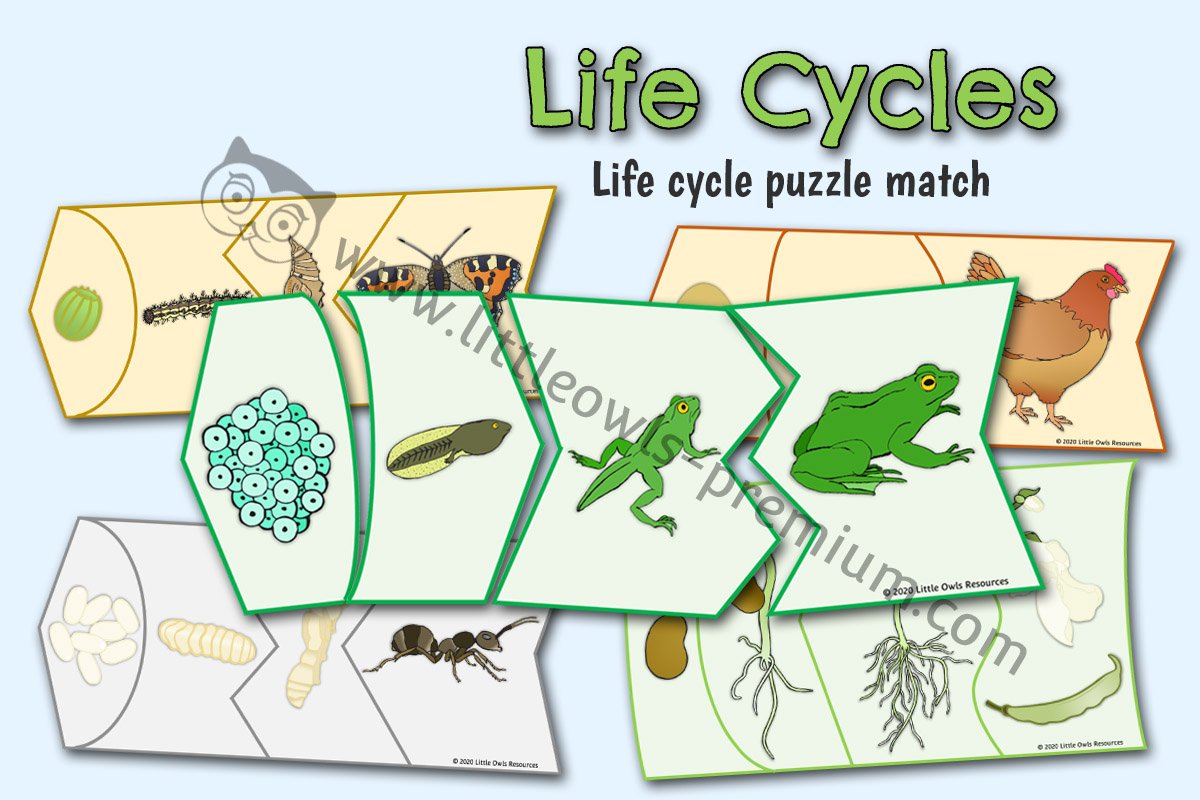
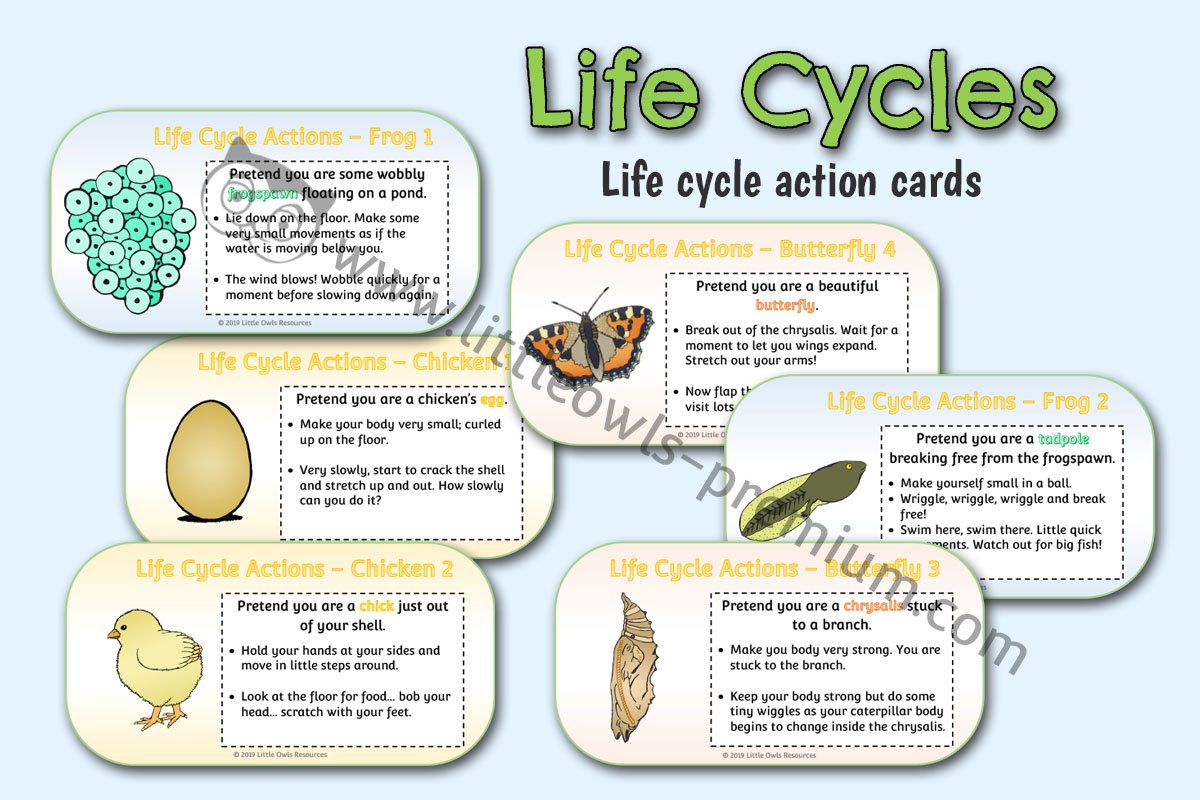
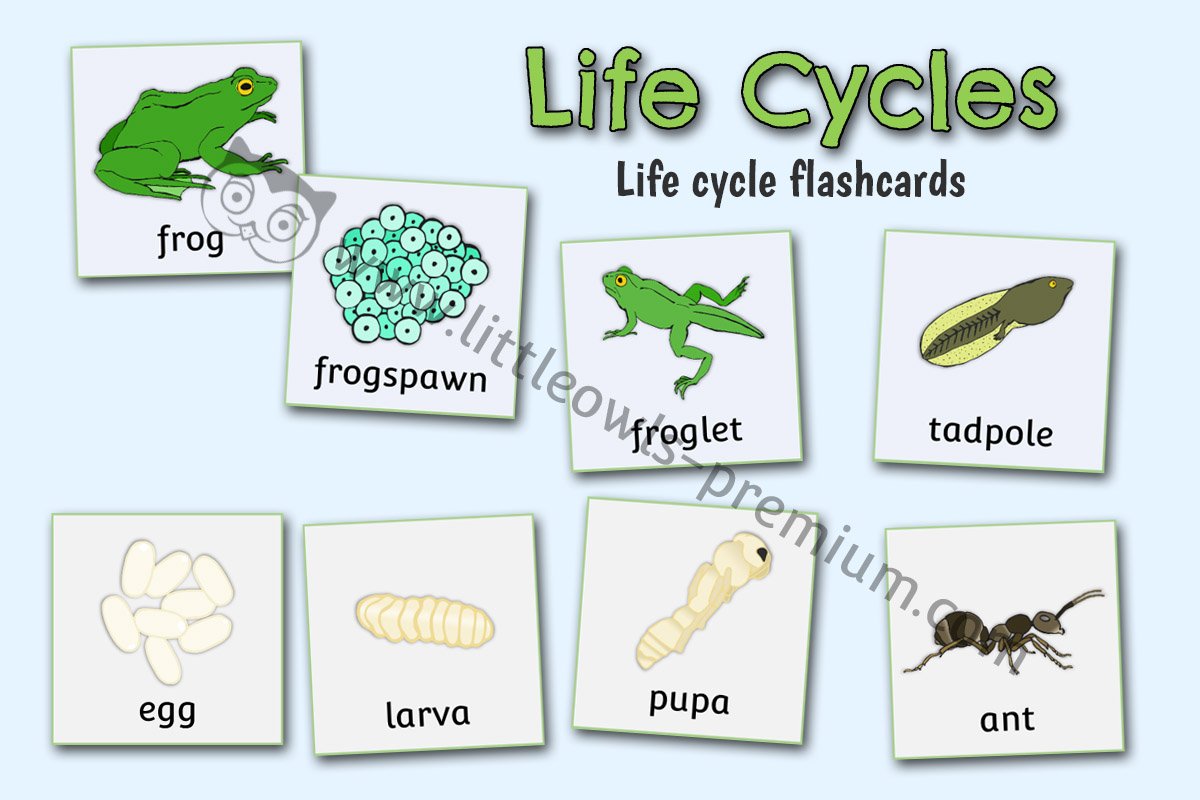
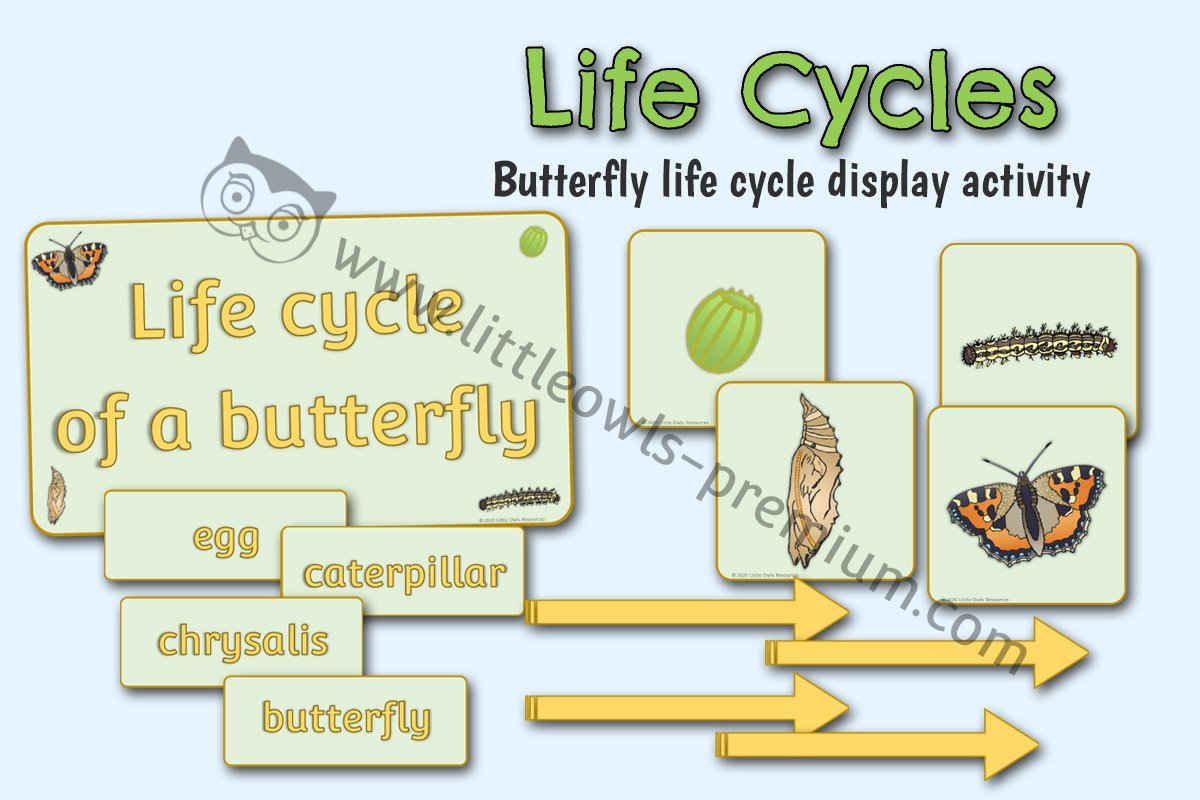
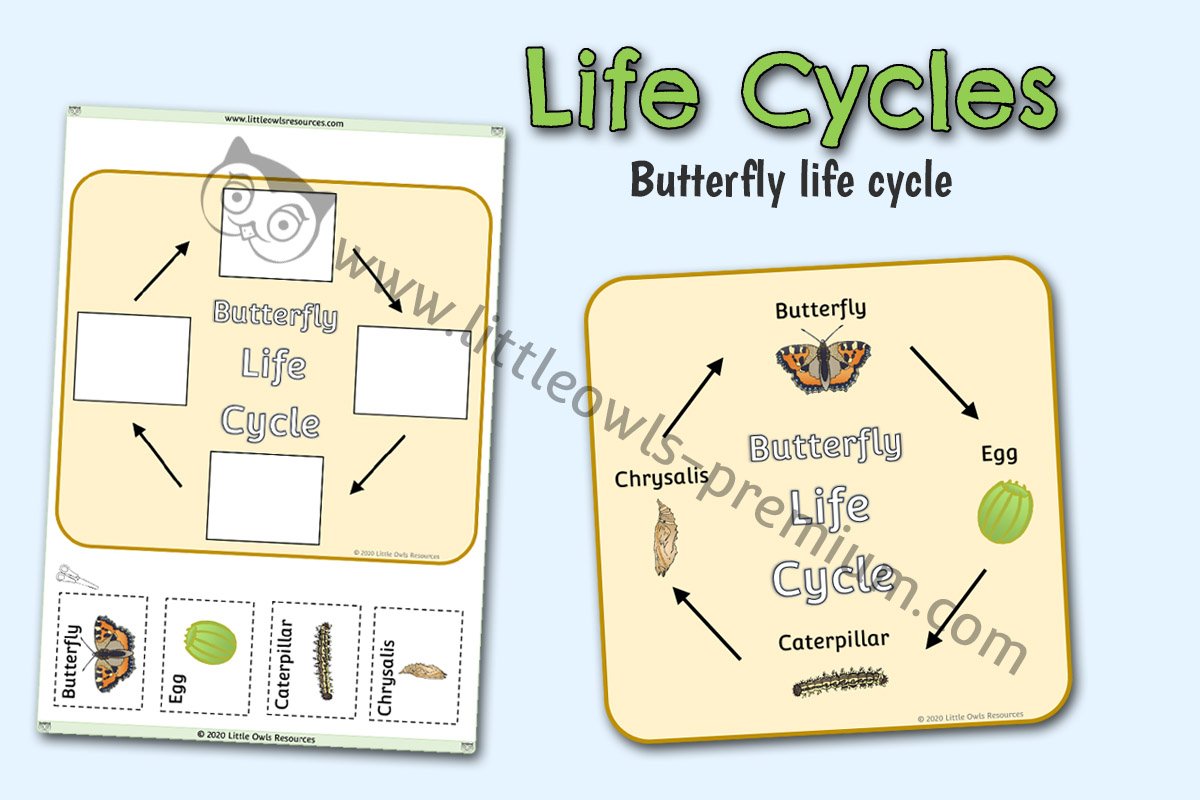
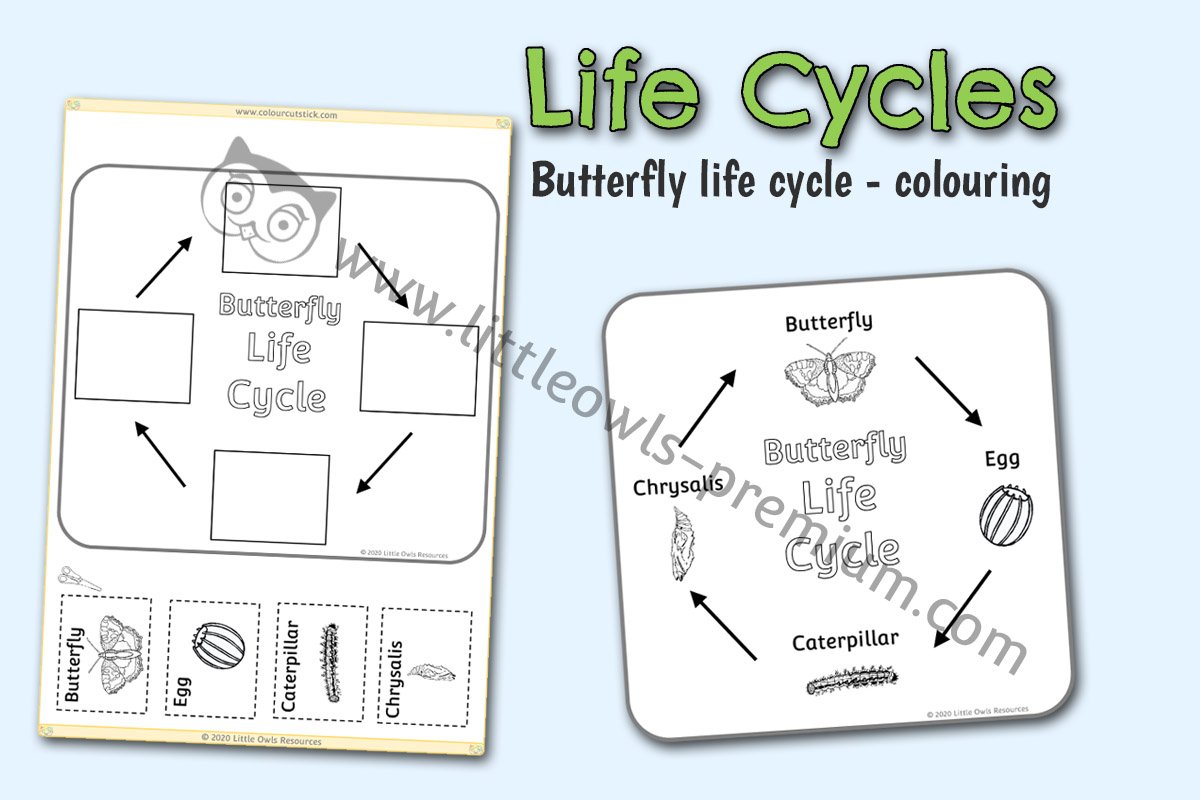
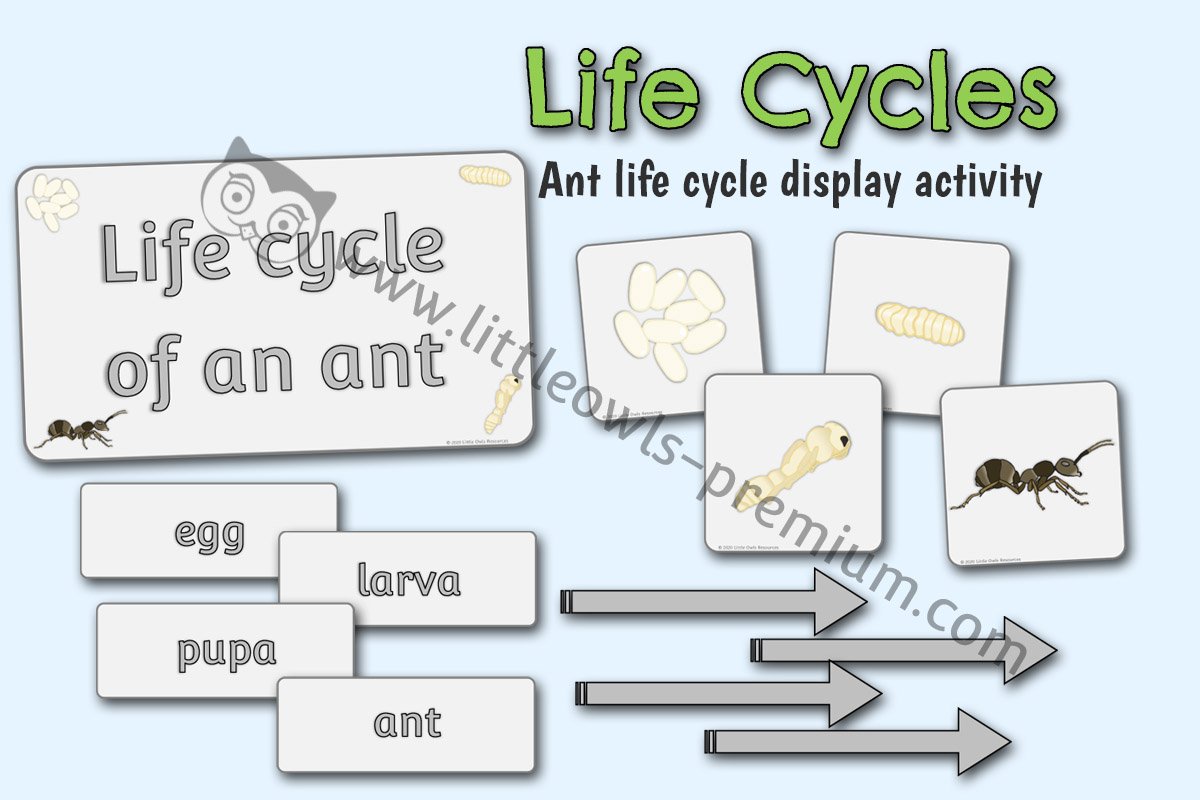
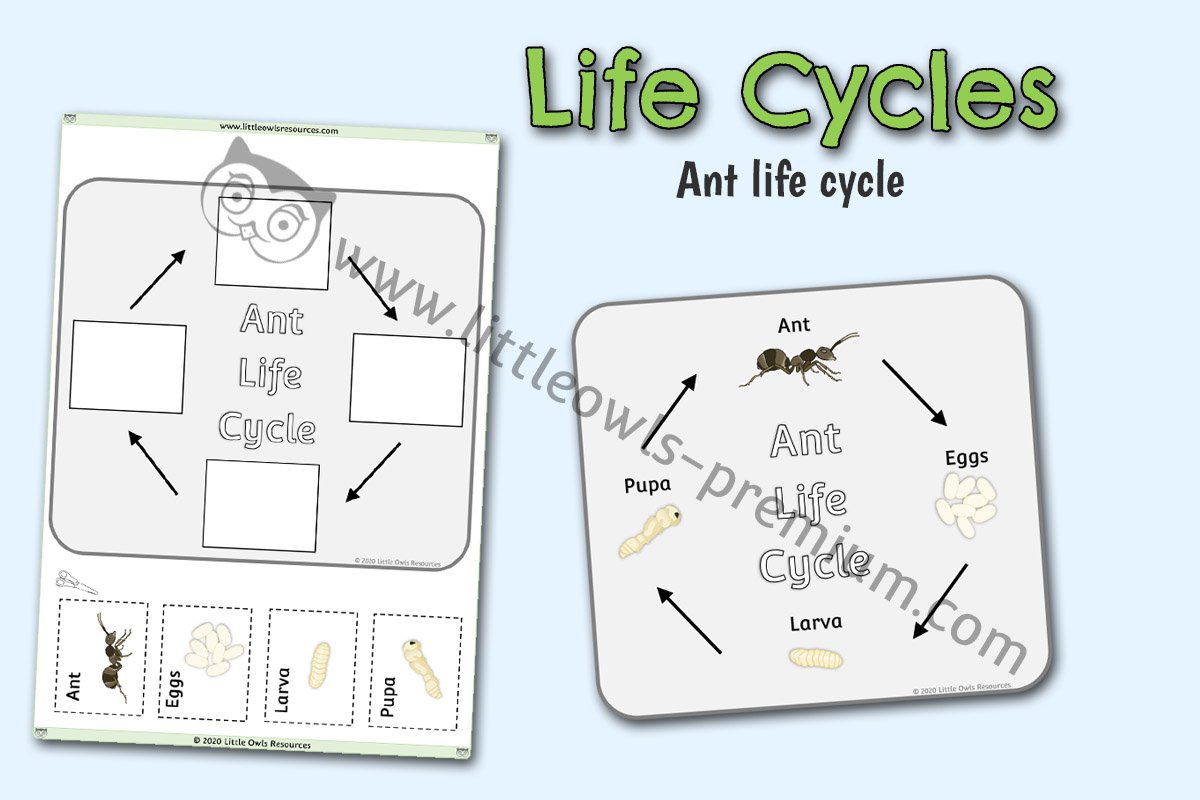
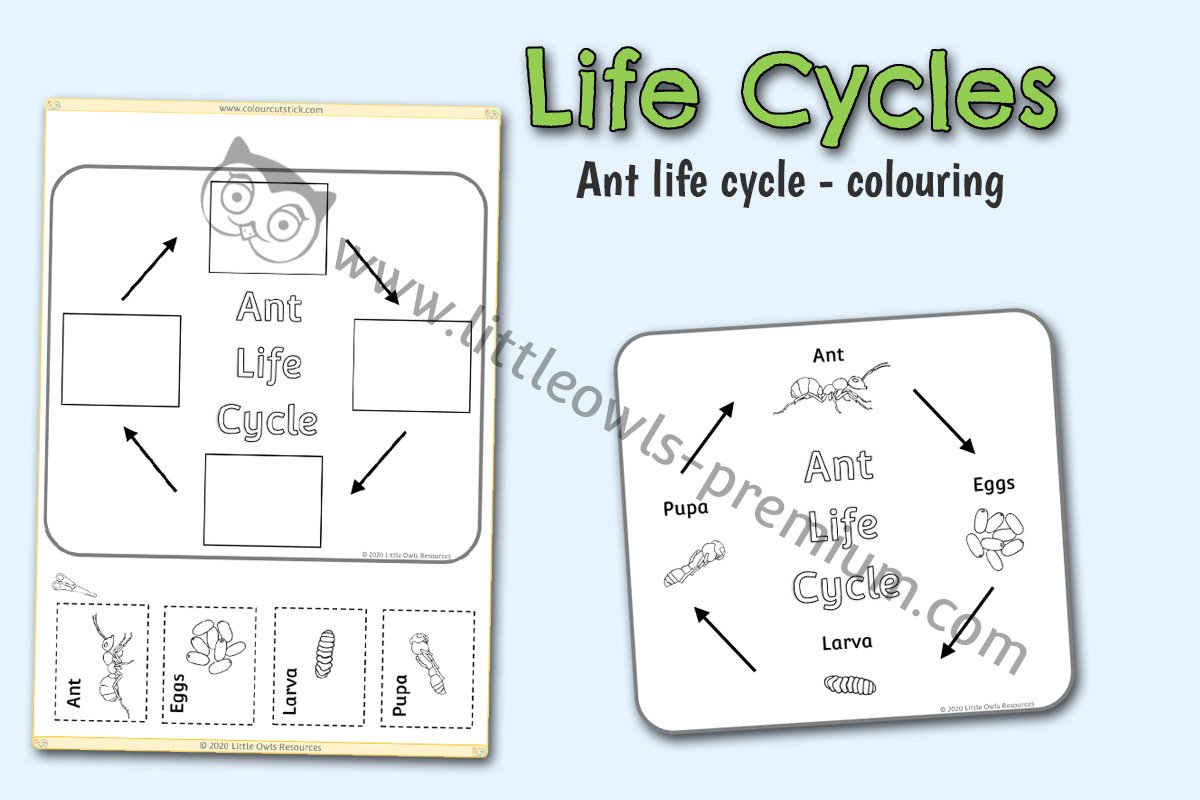
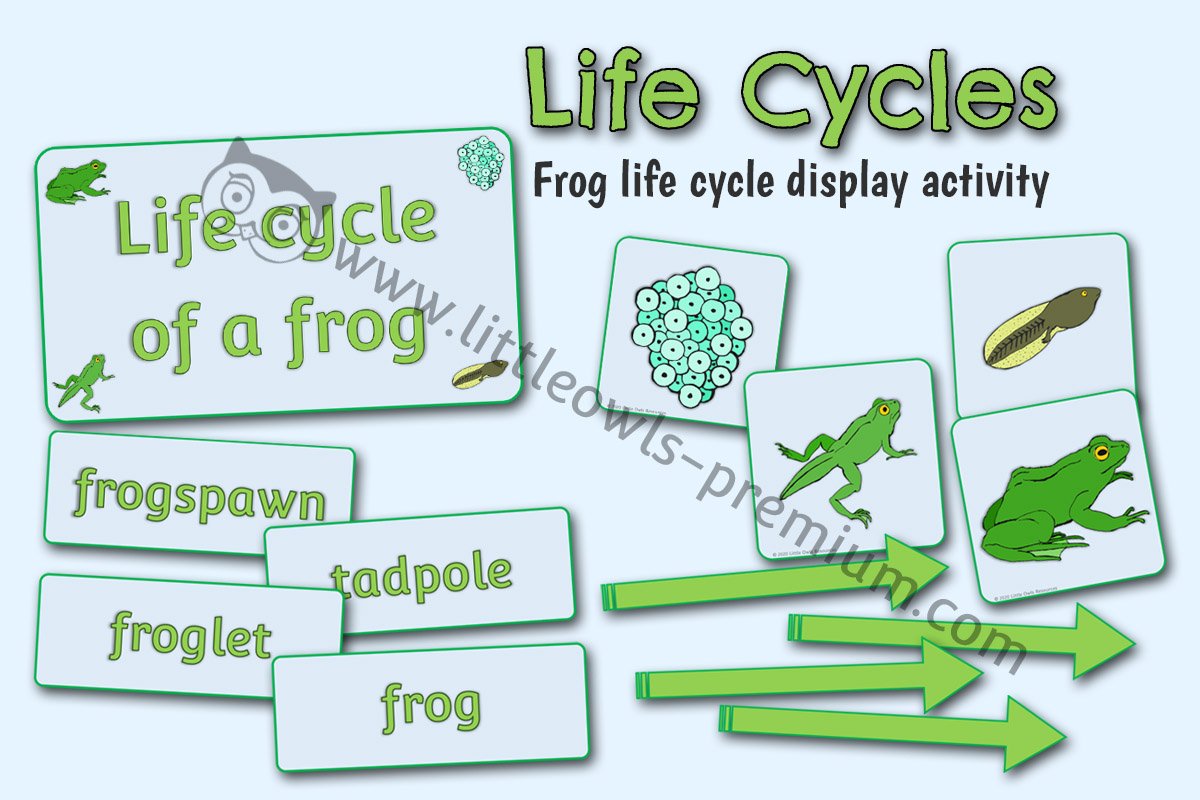
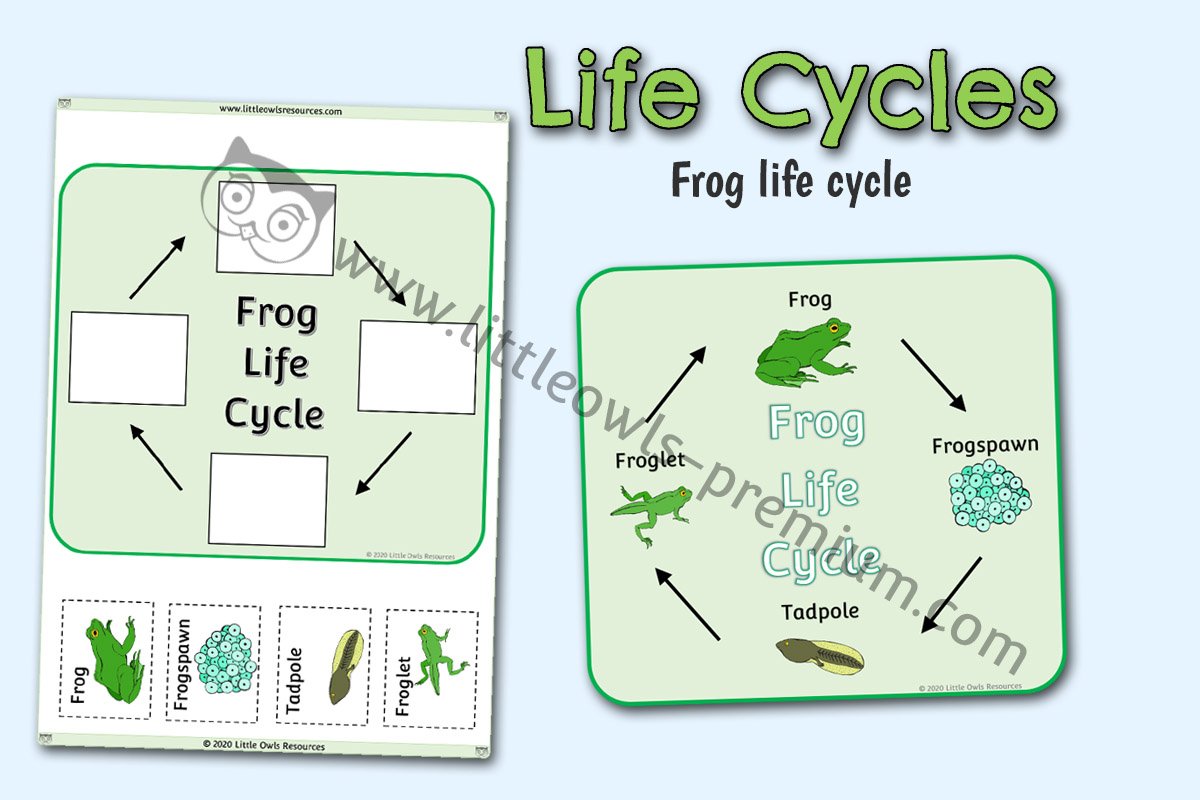
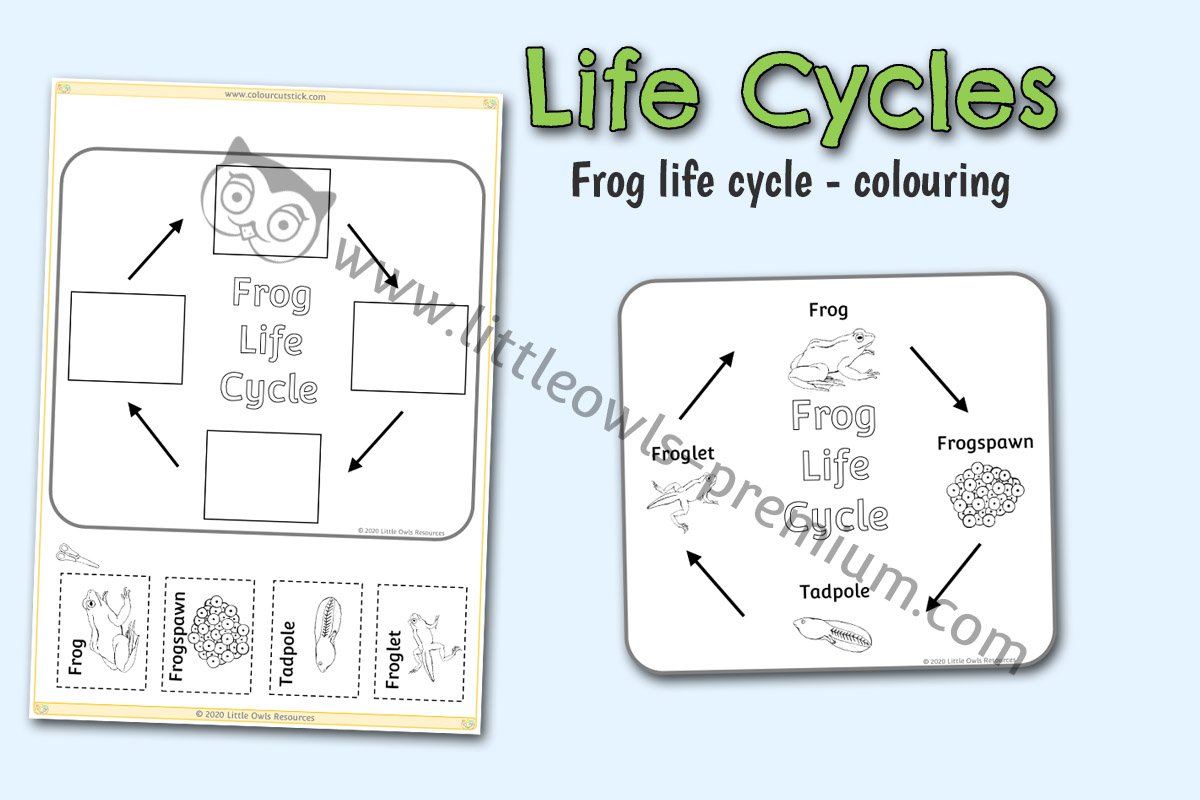
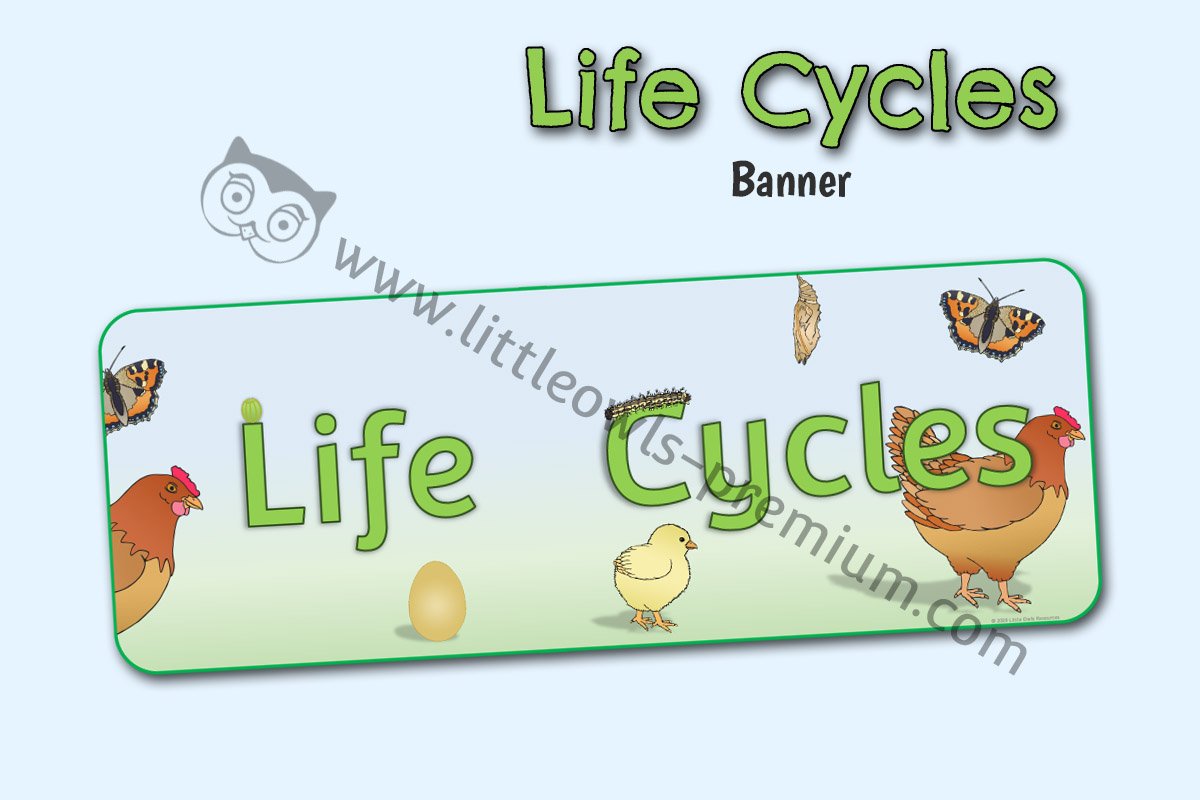
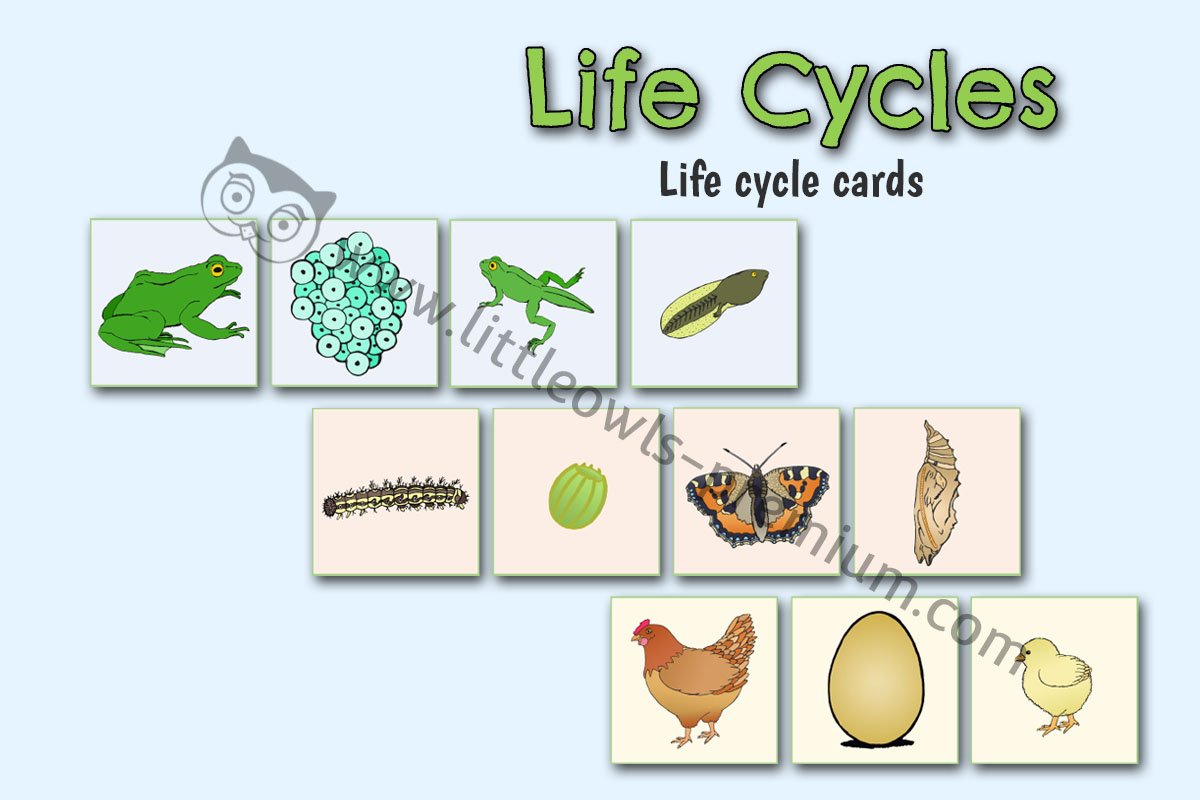





















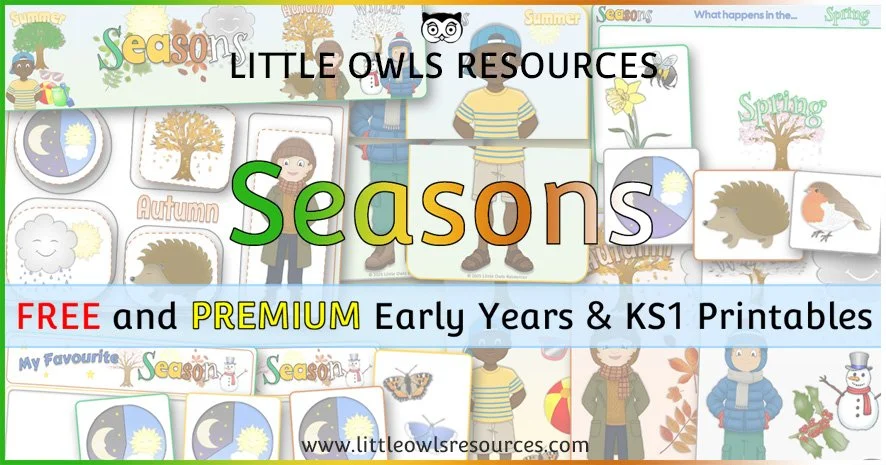







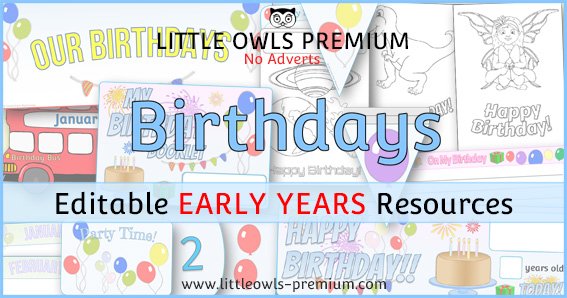
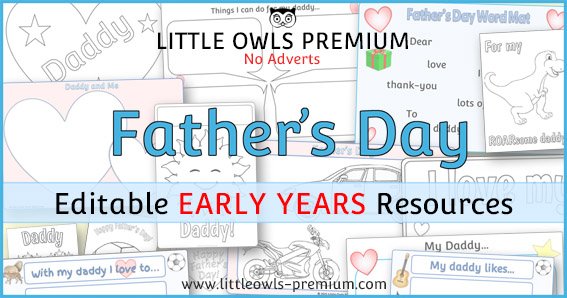





















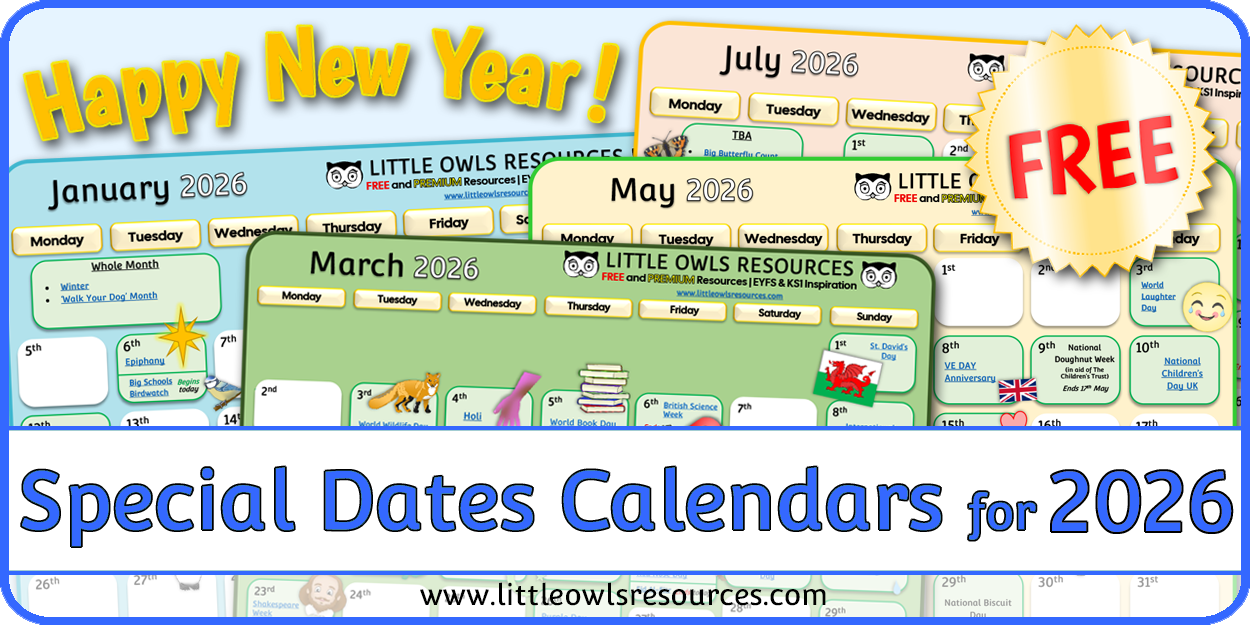
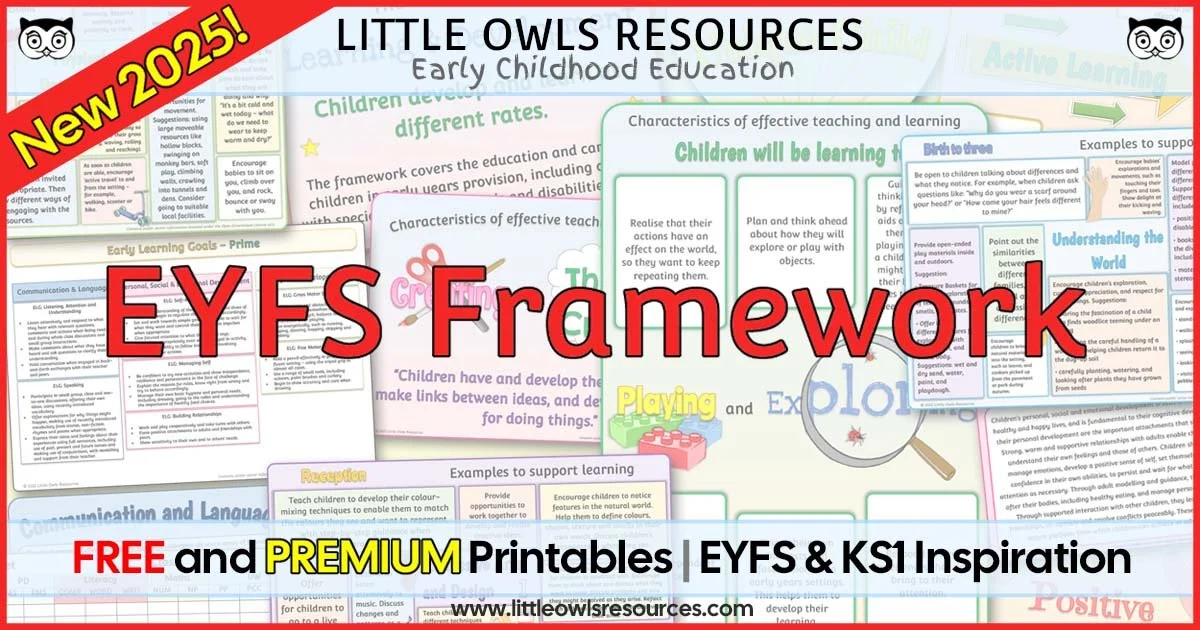

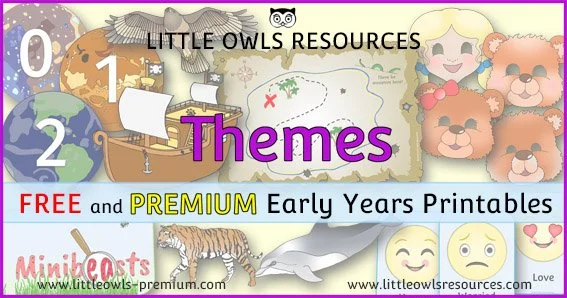

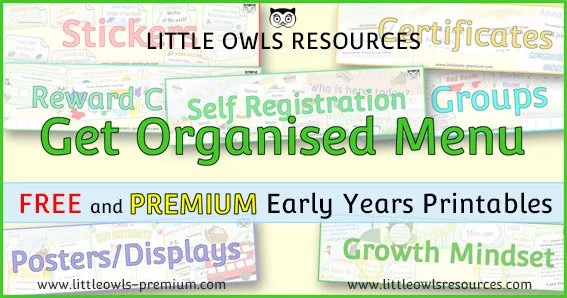

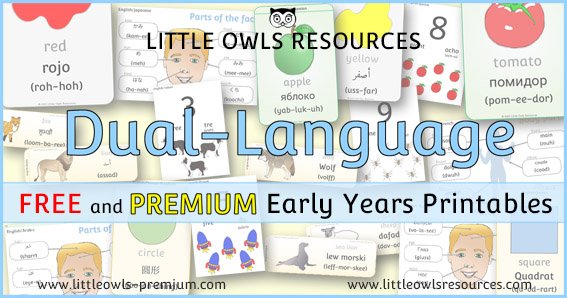
Time to put on our shades and protect our eyes for National Sunglasses Day! 😎☀️🕶️ This day provides a fun and crucial theme for exploring sun safety, eye health, weather, and personal health…